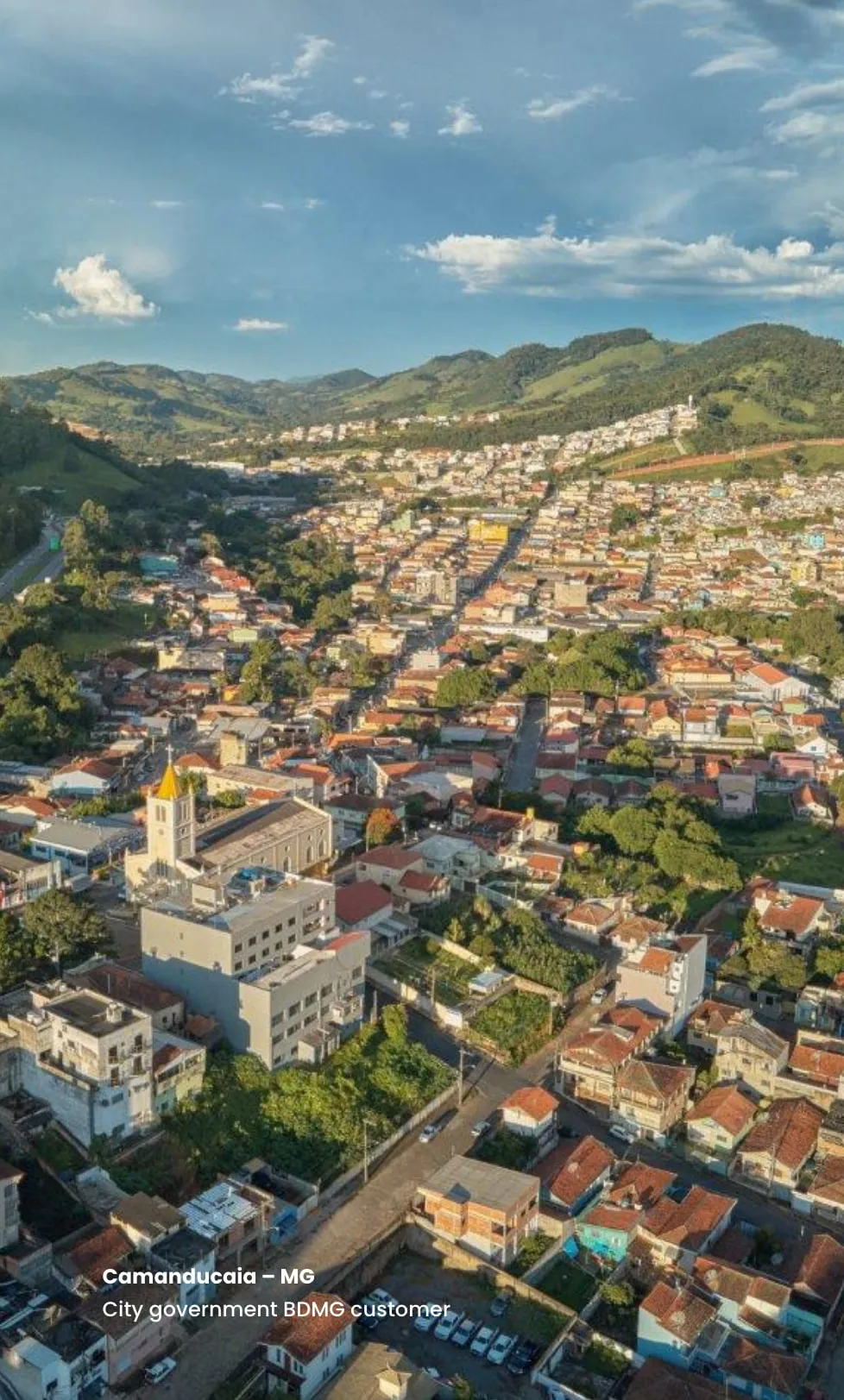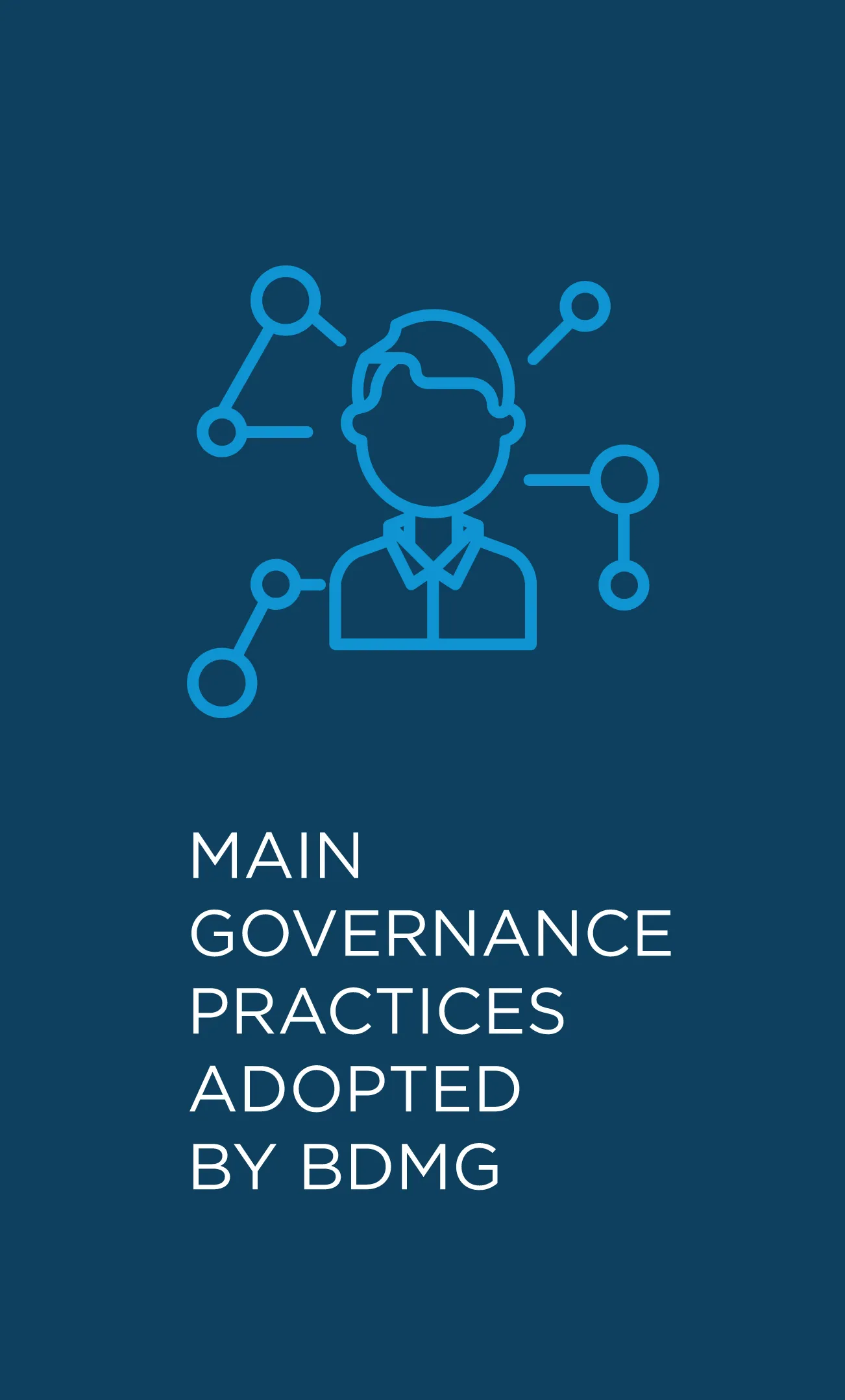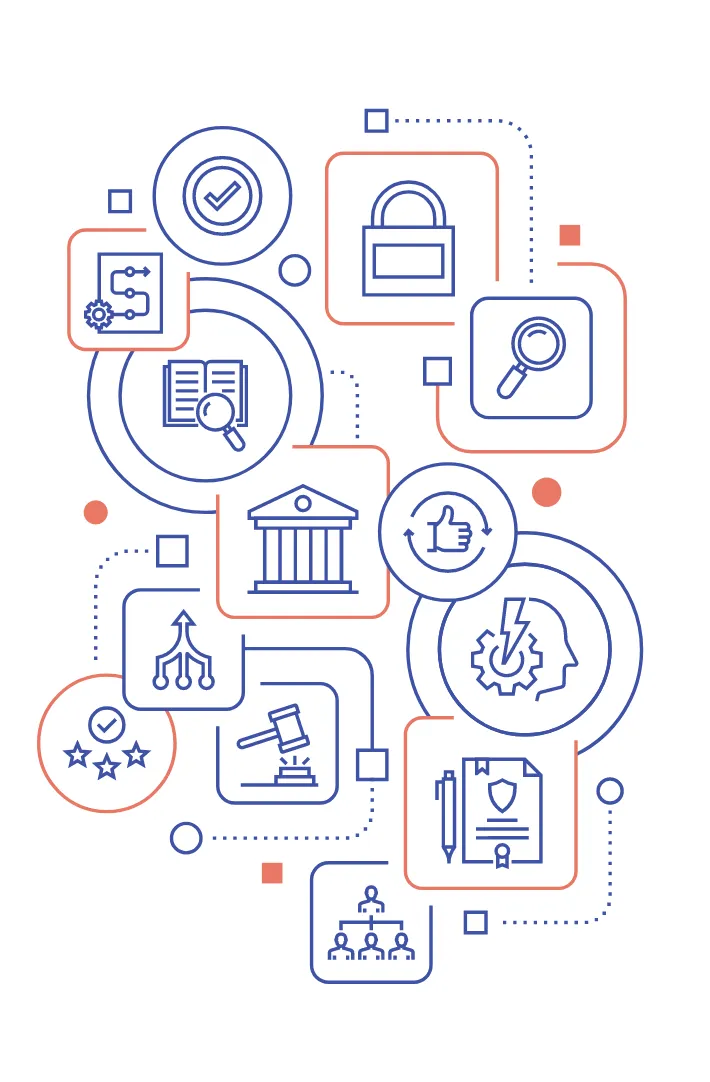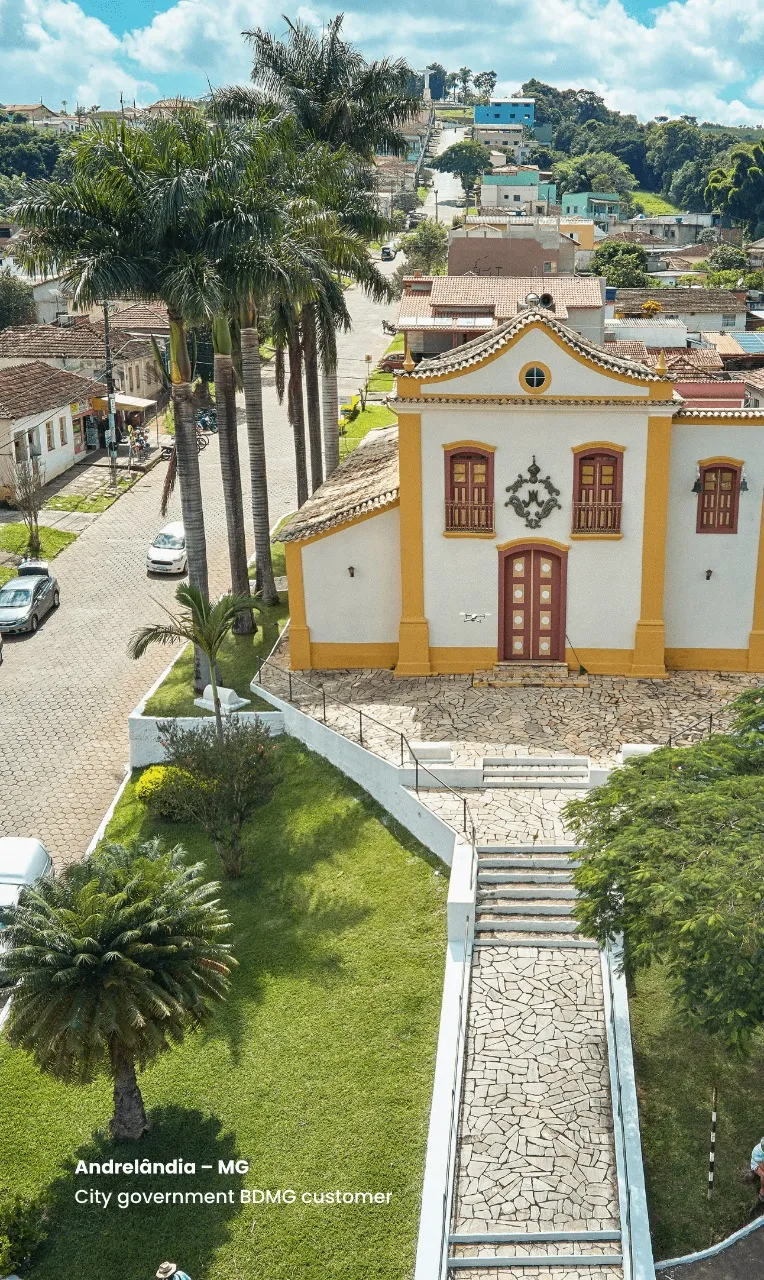
SUSTAINABILITY
REPORT
2021

Alternatively, use the arrow keys
to navigate the report


Alternatively, use the arrow keys
to navigate the report

Message
From The Board
Of Directors
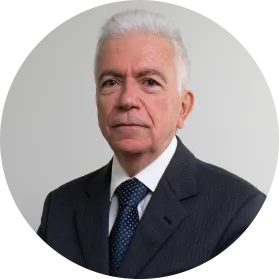
Fernando Lage de Melo
President
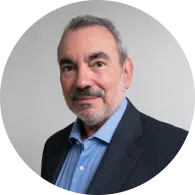
Welerson Cavalieri
Vice-President

Cláudio de Oliveira Torres
Councilor

Emílio H. Carazzai Sobrinho
Councilor

Henrique Augusto Mourão
Councilor

Márcio Rezende Magalhães
Councilor

Otávio Romagnolli Mendes
Councilor
- Message from the board of directors de Administração
- |
- Sustainability Report 2021
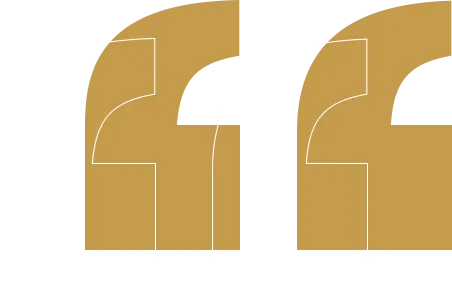
In line with the new dynamics of the world's development banks, which requires greater focus on sustainable investments with positive impacts and good financial results, the Development Bank of Minas Gerais (BDMG) remains at the service of the people of Minas Gerais, as a solid and innovative institution on the eve of its 60th anniversary.
This report consolidates the advances made by BDMG in 2021 towards the sustainable development of the State of Minas Gerais. We sealed our commitment to contribute to the climate agenda
by joining the Race to Zero campaign sponsored by the United Nations, together with the Government of Minas Gerais, as the largest coalition of leaders committed to one goal: achieving zero net greenhouse gas emissions by 2050.
BDMG's contribution to the sustainability agenda is evident in the investments in renewable energy projects that, last year alone, amounted to around BRL 207 million, with impacts estimated at 7,665 tCO2e/year of greenhouse gas (GHG) emissions avoided and generating 102 GWh/year of clean energy.
If, on the one hand, BDMG has worked on expanding its portfolio of sustainable projects, on the other hand, it has sought to maintain its financial sustainability. Despite the adversities and still under the uncertainty caused by the pandemic, we ended 2021 with a historic net income of BRL 220.9 million, compared to BRL 25.6 million recorded in 2020, which is the result of great commitment and dedication to our mandate to promote the sustainable socioeconomic development of Minas Gerais, generating employment and income.
The crisis once again showed BDMG's ability to act in an anti-cyclical manner, responding to the urgent needs of the Minas Gerais productive sector. The importance of BDMG in expanding credit, especially for micro and small companies, and in maintaining jobs and income was highlighted, showing that the institution makes a difference in the lives of the Minas Gerais population. The Bank's capillarity via a digital platform, together with its network of accredited banking correspondents, meant that loans disbursed in 2021 reached 526 of the 853 municipalities in Minas Gerais, 82% of them with a Human Development Index (HDI) below the Brazilian average.
With regard to the public sector, throughout 2021 BDMG carried out activities for structuring concession projects, structuring privatization processes and demobilizing assets of state-owned companies in Minas Gerais, providing specialized advisory and technical assistance services. Among these services are scenario assessments, economic-financial assessments, legal analysis, modeling, technical assistance in the preparation and execution of asset demobilization.
- Message from the board of directors de Administração
- |
- Sustainability Report 2021
In this way, BDMG works as a partner of the State in the structuring of strategic projects, in alignment with the Public Policies defined by its shareholders and expands its services as a provider of specialized services, which brings positive results for its cash generation, revenue diversification and financial sustainability.
The Board of Directors has supported initiatives to further strengthen governance standards, with a risk approach in line with the current credit scenario, the new strategic planning guidelines, the interests of the State and the Institution's economic and financial strength. The revision of the Risk Appetite Statement and the Liquidity Risk Management Policy are good examples of this.
Although the 2022 scenario remains challenging, since the beginning of the crisis brought about by the pandemic, BDMG has been improving its internal controls and compliance policies, and also expanding and deepening national and international partnerships, showing Minas Gerais society what it really is - a development bank that makes a difference in people's lives.
We will continue our strategy of aligning our portfolio as a development bank committed to the future of future generations, increasingly in tune with the actions of the State Government, supporting both the productive sector and the municipalities of Minas Gerais in order to promote socioeconomic development for Minas Gerais and reducing regional inequalities.
The Board of Directors renews its sense of accomplishment, in the certainty that in 2022 we will be in tune with government public policies, showing a strong sense of management to enhance our results.
Fernando Lage de Melo
Chairman of the Board of Directors of BDMG

Message From The
Chief Executive Officer
Marcelo Bomfim
Chief Executive Officer of BDMG
- Chief Executive Officer
- |
- Sustainability Report 2021
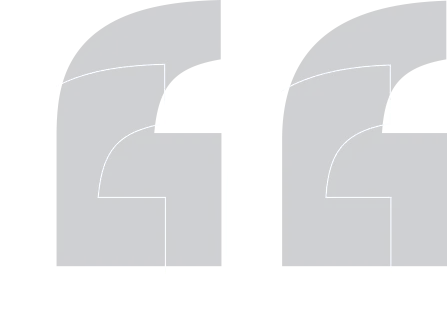
It is my great satisfaction to present to the people of Minas Gerais the results obtained by BDMG's technical and management teams throughout 2021. The indicators presented here materialize the role of this honorable institution’s role as a vector supporting the sustainable social and economic development of Minas Gerais. At the same time, they reinforce the commitment to maintain a level of governance and transparency in keeping with the aspirations of society and our shareholder, the Government of Minas Gerais.
During the year, despite the challenging scenario triggered by the health crisis, BDMG remained active as a financial agent in the productive sector, as well as in the public sector of Minas Gerais, without neglecting the continuous monitoring of risks associated with the preservation of the institution's financial strength.
BDMG is committed to continually improving its risk management instruments for the increasingly efficient exercise of its role as a provider of competitive credit solutions, project structuring and provider of specialized services. In 2021, the Bank's operations generated a positive impact of R$1.47 billion on Minas Gerais’ production and stimulated around 22 thousand jobs, signaling the vocation of its technical staff to adapt to different scenarios and build effective opportunities.
In line with the Sustainable Development Goals (SDGs), which are part of the UN 2030 Agenda, BDMG has strengthened its commitment to contribute to a responsible climate transition.
- Chief Executive Officer
- |
- Sustainability Report 2021
Environmental impact projects, notably in the area of renewable energy, energy efficiency and sanitation, received credits in the amount of R$ 187 million. The solar energy initiatives in 18 municipalities, mainly in the North of Minas, were a highlight, contributing to the conversion of the region's natural potential into effective regional development. At the same time, we registered the adhesion – together with the Government of Minas Gerais – to the Race to Zero program, a global campaign that aims to achieve net zero greenhouse gas emissions by 2050.
Another relevant action by BDMG in the field of sustainability was financing the healthcare sector. The supported projects directly benefited 455,000 people, including more than 52,000 patients and 9,900 workers, in addition to enabling the manufacture of 8,000 items including medicines and other hospital, pharmaceuticals and clinical products and equipment. Throughout the COVID-19 pandemic, these results become even more in keeping with the role one expects from a development bank in complex moments such as the ones we are experiencing.
On another front, we allocated R$91.8 million to urbanization, sanitation and public service improvement projects, with 93% of the disbursement associated with SDGs. BDMG is committed to increasingly strengthening its integration with the municipalities of Minas Gerais, especially those whose access to credit in the traditional market is limited. To this end, the offering of lines with accessible conditions and that meet the real demands of city governments, in addition to greater institutional dialogue, are inflections that we want to make increasingly stronger.
It should be noted that all this performance in granting greater liquidity opportunities to entrepreneurs and cities went hand in hand with an attentive management of the institution's financial strength indicators. A reflection of this was the bank's excellent result for the year.
As it enters its 60th year, BDMG will actively work to fulfill its purpose in an innovative way, with constant improvement in transparency, financial management and governance. In dialogue with the Government of Minas, we will increasingly strengthen the Bank's knowledge of local realities and build timely, effective responses for regional development, with an emphasis on overcoming the economic challenges of the most vulnerable social strata.
After all, BDMG is a heritage of “Mineiros”! We will maintain this focus, connected to governmental public policies and global and local development agendas. With a strong sense of management, our teams are engaged in enhancing results for the people of Minas Gerais, unveiling a more sustainable future, sensitive to social demands.
Marcelo Bomfim
Chief Executive Officer of BDMG
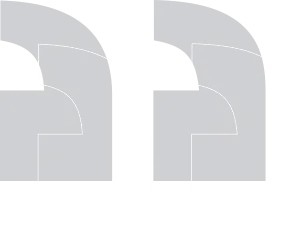
- Chief Executive Officer
- |
- Sustainability Report 2021

Economic
Scenario
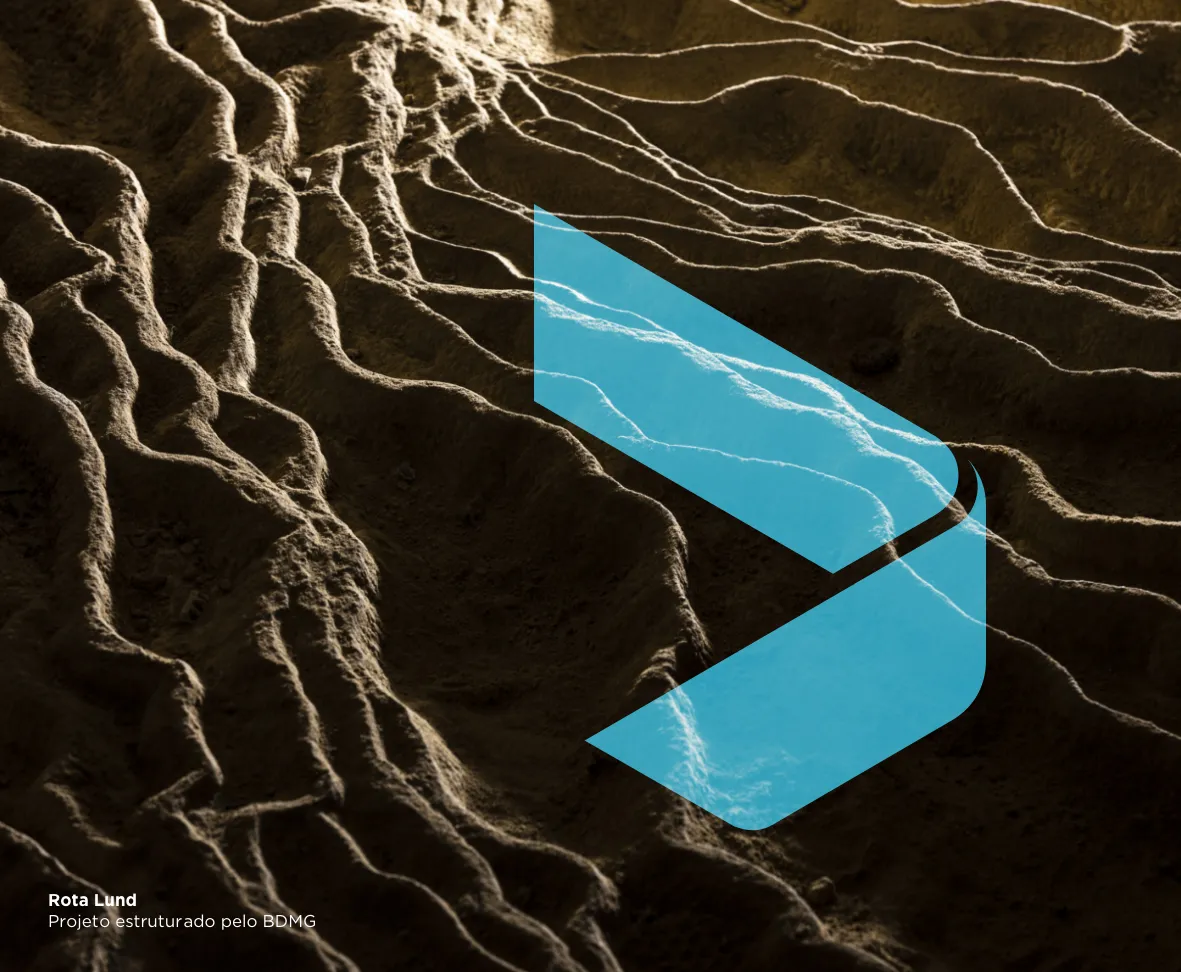
- Economic Scenario
- |
- Sustainability Report 2021
After a promising first semester, the 2021 fiscal year ended with a slowing pace of economic recovery for the Brazilian and Minas Gerais economies. The unfolding of the pandemic, with the emergence of new variants of the coronavirus and the response policies of zero-tolerance Asian countries, led to interruptions in industrial production and a reduction in the pace of service providers, which impacted production chains on the global level.
In 2021, despite the forecasts having also been revised downwards, the published economic activity indicators for the 3rd quarter indicate that the Brazilian economy has recovered compared to that at the onset of the pandemic period. The growth of industry and commerce and the recovery of services tend to determine a growth of the Brazilian economy between 4.5% and 5%. In the latest analyses of the PNAD-C (Brazilian Census survey), some signs of recovery of the labor market occurred, with the employment rate growing more than the market share, which may be a sign of relief for sustained consumption.
The factors determining a performance below previous expectations for 2021 are related to an increase in oil costs, problems with the industrial components supply of industrial components, the impacts of the water crisis, high unemployment, impacts of inflation on the mass of income and the interruption of production in industrial segments that import components, in addition to the impact of these elements on investor expectations.
Although the governments of the developed nations have been sustaining the economic recovery with expansionary monetary and fiscal policies, the instability in the supply of industrial inputs has imposed a slower pace than expected, combined with a rise in the general price level. The same process affects emerging economies more intensely, in which inflation and the interruption of the supply of components are added to less fiscal elbow room and an unequal rhythm of vaccination coverage among the populations, with negative effects on society and the economy. For this reason, central banks around the world, including Brazil, have been reviewing their positions, planning the progressive withdrawal of monetary stimuli and an increase in domestic interest rates.
The international situation has become even more challenging since the end of February this year, with the start of the Russo-Ukrainian war.
- Economic Scenario
- |
- Sustainability Report 2021
The sanctions on Russia have led to a restriction in supply, caused price increases, especially in commodities — highlighting the increase in the prices of oil, natural gas, metals and wheat, products of which Russia and Ukraine have a high share in the global supply — and intensified the inflationary processes in the world. In response to the rise in the general price levels, most Central Banks have raised basic interest rates, with effects on liquidity and global economic growth.
OECD estimates indicate that the conflict in Eastern Europe is expected to subtract at least one percentage point (pp) from world growth and add more than 2.5 pp to previously forecasted global inflation. In Brazil, the acceleration of the inflationary process has materialized in fuel prices and higher inflation expectations, demanding a reaction from the monetary authority at the last meeting of the Monetary Policy Committee (Copom).
This adverse international scenario has a negative impact on the expectations of economic agents in Brazil, with the postponement of investment decisions in production and bond issues. As a consequence, macroeconomic consultants have revised their growth forecasts for 2022 downward — to variations of less than 1% (+0.3% pa in the Focus survey at the end of January 2022).
In 2022, the Central Bank should place more emphasis on controlling the inflationary process and, consequently, will maintain higher interest rates, discouraging investment decisions. Counterbalancing this scenario, there is an impulse to consumption arising from government income transfer programs associated with a slightly higher employment level, in addition to maintaining a good export performance for Brazilian and Minas Gerais commodities.
- Economic Scenario
- |
- Sustainability Report 2021
In Minas Gerais
In the case of the regional economy, the same positive factors that acted in 2021, with emphasis on the good performance of the export segment, more specifically, appreciation in coffee prices in the international market and some recovery in the price of ore in recent months, the Minas Gerais manufacturing industry, especially the automotive industry, also achieved outstanding performance in the period.
In the first half of the year, the Minas Gerais economy showed a more robust recovery than in Brazil on the whole, and, in April 2021, it was already at a higher level than in February 2020. Above all, both the Transformation and Extractive sectors were responsible for a more intense recovery, in relation to the pre-pandemic level. In this context, the Gross Domestic Product of Minas Gerais increased 5.1% in 2021 – a result higher than the Brazil’s (4.6%). The advances in industry (9.2%) and services (4.1%) contributed to the result. On the other hand, agriculture fell by 8.4% – driven by a biennial decline of coffee production.
The better performance of the state's GDP in relation to the country's GDP was mainly due to the international economic situation. The heated demand for commodities and the recomposition of global supply chains favored important sectors in the state’s production structure, such as the mining and metallurgical segments.
- Economic Scenario
- |
- Sustainability Report 2021
Services, especially those provided to families, were, on the one hand, benefited by better epidemiological conditions, resulting from the advances in vaccination, and, on the other, had limited performance by the fall in general income.
For 2022, the expectation is that economic activity will lose momentum. The slowdown of the global economy, influenced by the conflict in Eastern Europe, the lack of essential inputs for production and the global rise in prices, and the increases in interest rates and household indebtedness are expected to negatively impact economic growth. In contrast, the appreciation of commodities prices and the exchange rate at a historically depreciated level should positively influence the state's exports.
The performance of the Minas Gerais economy in 2022 will depend on the same factors that will impact the Brazilian economy, with a growth perspective of less than 1% pa.
As long as the negative effects of supply interruptions and rising energy costs continue to negatively impact the recovery of industrial activity and associated services, positive biennial growth in coffee, among other factors, signal positive counterpoints in the economic outlook. In both spheres, the possibility that the advancement of vaccination coverage will minimize the social and economic effects of new coronavirus variants will be decisive for the performance of economic activity.
Whatever scenario materializes, the current trend of directing part of the liquidity available in the global financial markets to the sustainable development agenda should prevail.

Trajectory
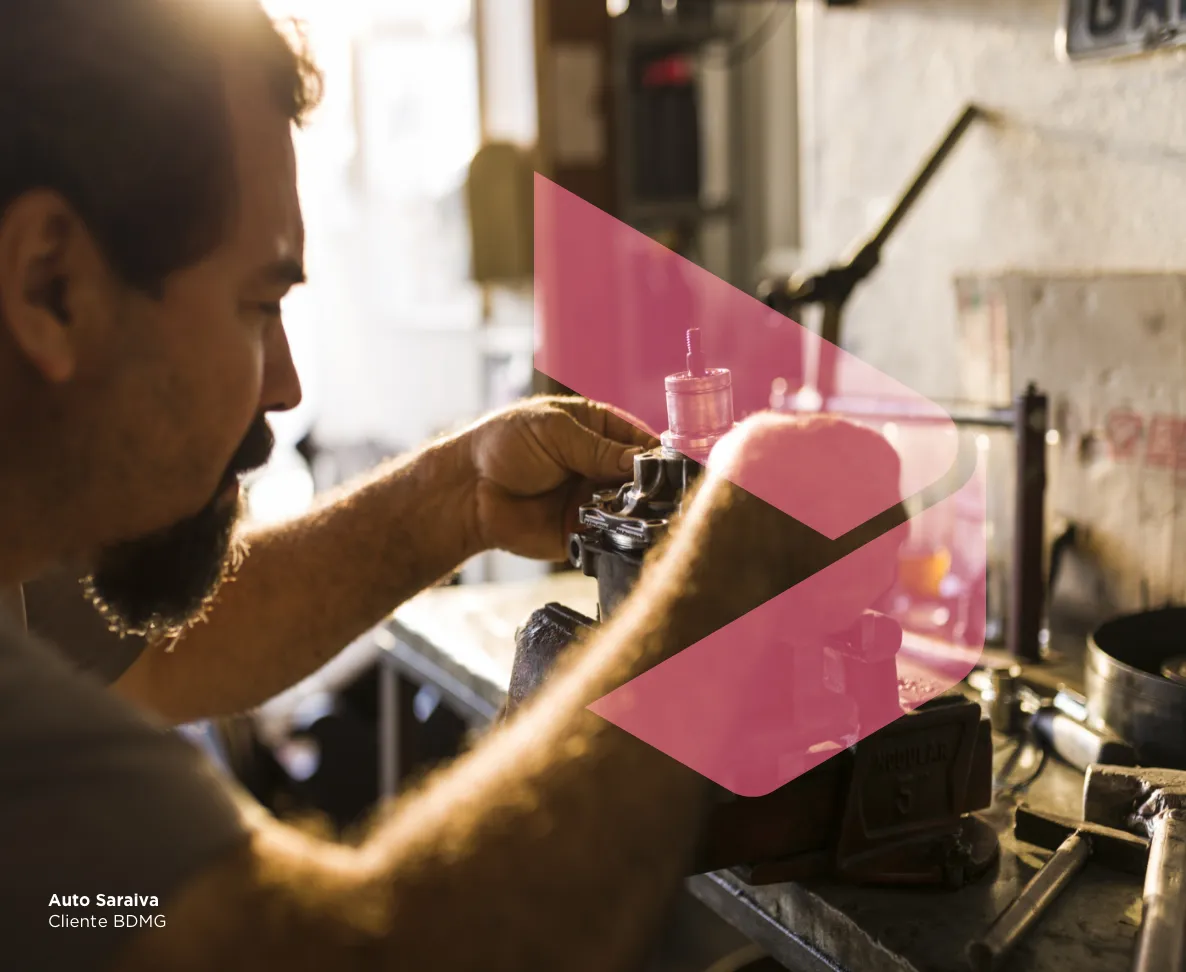
- Trajectory
- |
- Sustainability Report 2021
BDMG’s trajectory began in 1962, when the Bank took on the role of active promoter of the development of the State of Minas Gerais, through the investment of funds in financing. Its mission was to establish conditions for development with a focus on growth of industrial activity, especially for micro and small companies. It would operate as a provider of technical and financial conditions for projects of state interest;, effectively allocating capital, nationally and internationally, in order to provide for equitable development.
In addition to participating in the creation of highly relevant entities1, BDMG prepared important economic studies, sharing differentiated knowledge, which served as a basis for the planning and design of economic and social strategies for several governments.
Today, BDMG supports companies of all sizes and sectors, municipalities and municipal public utilities. It is also the official organizer of the State in regular concession operations and in Public-Private Partnership (PPPs) models.
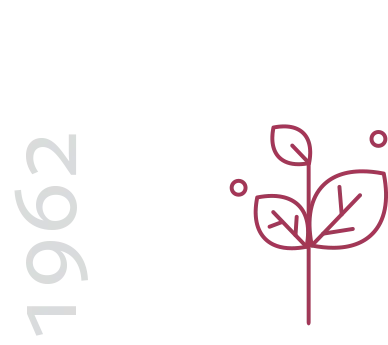
In line with Environmental, Social and Governance (ESG) principles, its strategy focuses on contributing to the 2030 Agenda and the Sustainable Development Goals (SDGs) adopted by Brazil and other UN member countries.
Notwithstanding the national and international economic fluctuations over the institution's 60 years, BDMG's support for strengthening the productive sector has been essential for the evolution of the State of Minas Gerais.
1 Minas Gerais Industrial Development Institute (INDI), the João Pinheiro Foundation (FJP), the Minas Gerais Industrial District Company (CDI/MG) and the Management Assistance Center (CEAG), which gave rise to the Brazilian Support Service to Micro and Small Enterprises (Sebrae).

Starting point
- Creation of the Department
of Socioeconomic Studies -
1st Agreement
with BNDE -
Support program for
agribusiness and mining
- Trajectory
- |
- Sustainability Report 2021

Support to sectors of the economy
- Recovery of the Sugar Agroindustry Program
- Support to the mining-metallurgical sector (Açominas, Usiminas, Acesita, etc.)
- Opening of the Fiat factory in Betim with the decisive support of BDMG
- Development Program for the Coffee Industry
- Continued support for state industrialization

State Funds
- Experience in the capitals market (IPO for Cedro Cachoeira Itaunense)
- Consolidation of support role for State planning through economic studies
- Creation of state funds managed by BDMG, one of the main sources of funds until the 2000s

Strategic Projects
- Experience in the capitals market (IPO for Cedro Cachoeira Itaunense)
- Consolidation of support role for State planning through economic studies.
- Creation of state funds managed by BDMG, one of the main sources of funds until the 2000s
- Trajectory
- |
- Sustainability Report 2021

Diversification of funding and Digital BDMG
- Decrease in State Funds
- Funding diversification
- Launch of BDMG Digital and strengthening of operations through banking correspondents
- Strengthening of customer acquisition strategies and new business model
- Strengthening of risk management, credit management and collateral management
- Direct and indirect participation in strategic companies in the State
- Organizing measures in strategic segments in the state: innovation, sustainability, agribusiness and regional development


Global development agendas and anticyclical measures
- Alignment with global development agendas and ESG principles
- Reinforcement of countercyclical measures in response to COVID-19
- Reinforcement of BRL100 MM in the capital structure
- Record funding (BRL 2.3 billion)
- Leader of Funcafé transfer leader
- Publication of the SDGs Framework and issuance of Sustainable Bonds
- Engagement in privatization and state infrastructure projects
- Signatory of the UM Global Compact MG State Government joined Race to Zero Campaign (zero liquid emissions of GHG by 2050)
- Prêmio CFI Brazil 2020 Best Socio-Economic Impact Bank.

Strategy
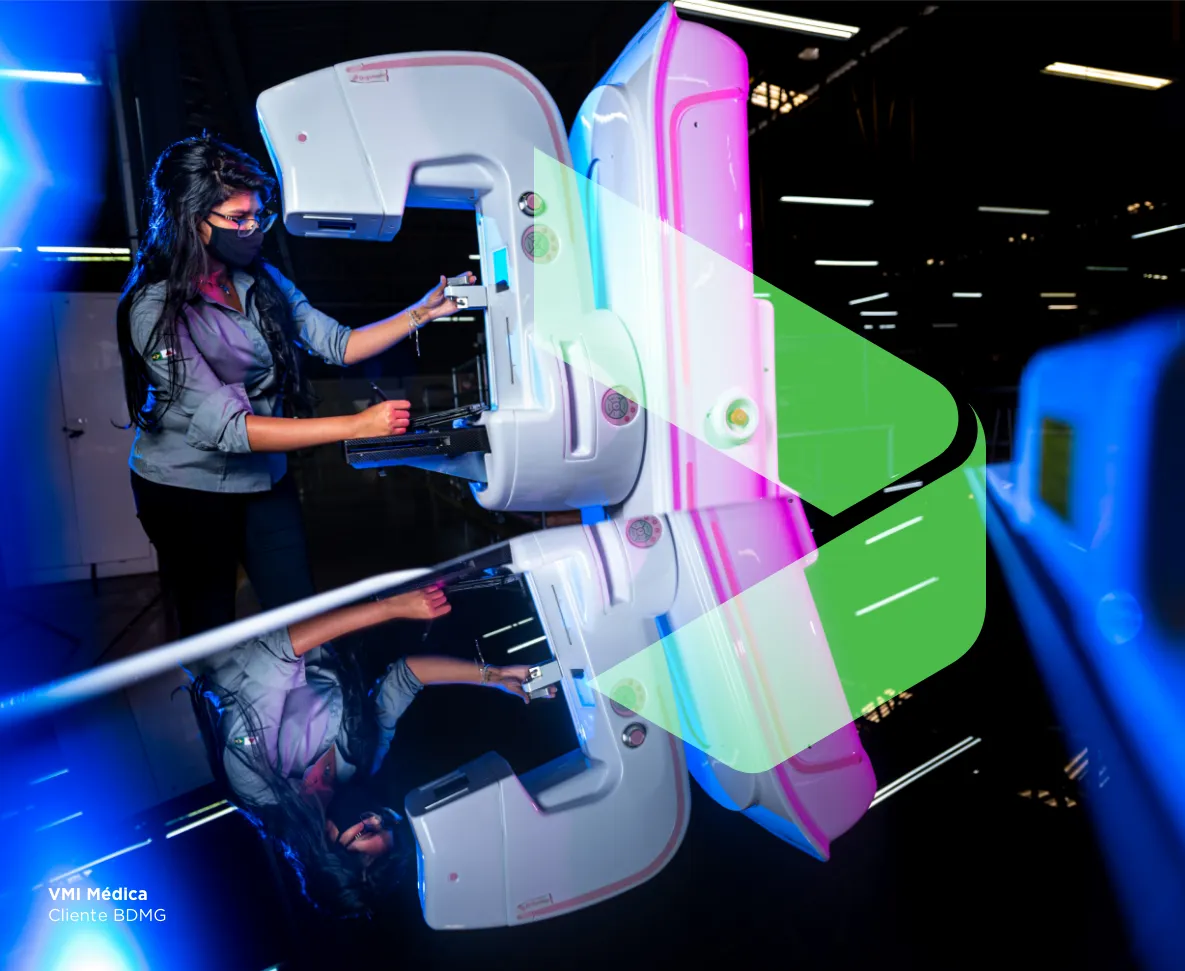
- Strategy
- |
- Sustainability Report 2021
In 2022, BDMG completes its 60 years of existence, guided by the 2022-2026 Strategic Plan with medium and long-term objectives to ensure the attainment of its vision of the future: to be a reference as a local development bank focused on impact.
In line with the Minas Gerais Integrated Development Plan – (PMDI), BDMG operates as a state agent for the development of sectors and regions in Minas Gerais, mobilizing international and private funds, implementing impact projects and technical cooperation. It also contributes to increasing the efficiency of the state with privatization projects and public-private partnerships.
The objective of these actions is to turn initiatives into reality, making a difference in the lives of the state’s population.
To this end, BDMG seeks to balance its operations between B (bank) by ensuring financial sustainability; D (development) by maximizing impact and development; and MG (Minas Gerais) specializing in its territory. Thus, it aims to simultaneously operate profitably, with operational and funding management excellence, fulfilling its role in promoting development, mobilizing funds and partnerships to serve the state of Minas Gerais.
Purpose
Transform initiatives into
reality, making a difference
in the lives of Minas Gerais' population
Vision
Be a world reference as
a local development
bank focused on impact
Pillars
B
Ensure financial sustainability
D
Maximize impact and development
MG
Be a specialist in Minas Gerais
to generate value for society
- Strategy
- |
- Sustainability Report 2021
This is carried out through services to micro, small, medium and large companies, rural producers and the public sector of Minas Gerais and neighboring states, in the financing of projects that generate impact.
This impact is measured by aligning the environmental, social and economic effects of disbursements with the Sustainable Development Goals – SDGs, anchored in the 2030 Agenda, focusing on 5 impact commitments for BDMG operations in the coming years:

Financial inclusion:
guarantee access to financial services on favorable conditions for micro and small enterprises, supporting the maintenance of jobs.

Clean energy:
expand the renewable energy matrix, enabling investments in clean energy sources and energy efficiency.

Competitive, responsible companies:
having more inclusive cities and enabling infrastructure projects (sanitation, health, education, urbanization and inclusive spaces).

Inclusive, sustainable cities:
have more inclusive, sustainable cities, enabling infrastructure projects (sanitation, health, education, urbanization and inclusive spaces).

Low carbon agriculture:
enable investments in agro-innovation that ensure high levels of productivity and contribute to soil rehabilitation, biodiversity and reduction of GHG emissions.
- Strategy
- |
- Sustainability Report 2021
The 2030 Agenda and action
BDMG impact
BDMG contributes to 13 of the 17 SDOs and
28 of the 169 goals of the Agenda
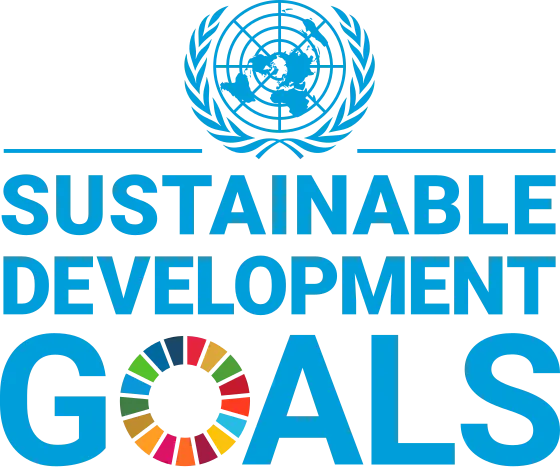
- Strategy
- |
- Sustainability Report 2021
In addition to the impact commitments, BDMG's operations over the next five years will be based on the 6 strategic drivers that significantly interact with the institution's future:

Impact:
measuring the effects of the financing on society, strengthening its strategy by positioning itself as a regional specialist in facilitating development projects aligned with the Sustainable Development Goals – SDGs; also improving the monitoring and evaluation of the impacts of its operations in the development of the State.

Commitments to the 2030 Agenda and the Sustainable Development Goals (SDGs);
Positioning BDMG as a regional specialist in facilitating development projects;
Monitoring and Evaluation of the impacts of BDMG operations on the development of the state.
- Strategy
- |
- Sustainability Report 2021


Competitiveness:
BDMG is organized to grow in line with its capital structure. Its competitiveness lies in its excellence in financial solutions for development, which include services and consultancy, in addition to the constant improvement in customer experience, market adherence in terms of positioning and offer with profitability.
Excellence in financial solutions for development, including services and consultancy;
Constant improvement in the customer experience;
Adherence to the market in terms of positioning and supply, with profitability.
- Strategy
- |
- Sustainability Report 2021


Partnership:
for BDMG, development and impact can be enhanced by partnerships, which are a means of enabling the implementation of the strategy and the effectiveness of its operations. For this, BDMG is constantly exploring new business opportunities, including institutions with the same “DNA”, for the transfer and dissemination of knowledge, as well as the mobilization of resources for relevant projects in Minas Gerais and neighboring states.
Exploring new business partnerships, including institutions with the same DNA;
Operate as a platform for the production and dissemination of knowledge;
Mobilize funds for Minas Gerais and neighboring states
Strengthen customer service partnerships.
- Strategy
- |
- Sustainability Report 2021


Organizational Culture:
for BDMG, the attainment of its objectives demands the alignment of leaders and teams with the organization's objectives; leaders capable of inspiring, engaging and developing other leaders; ability to continually learn, unlearn and relearn; ability to work with simplicity, agility and adaptability, as well as protagonism, proposing and taking on challenges.
Align leaders and teams with the organizational objectives;
Prioritize continuous and incremental deliveries whenever possible;
Simplicity, agility and adaptability;
Operate with protagonists, proposing and taking on challenges;
Strengthen governance, compliance and risk management practices.
- Strategy
- |
- Sustainability Report 2021


Digital Transformation:
Digital transformation is rapidly changing the business model in the development sector on a global scale, enabling funds from development programs to more efficiently reach the hands of those who need them. This involves being prepared to explore opportunities arising from digital transformation in the financial market.
Be prepared to explore opportunities resulting from changes in the financial Market;
Migration to the cloud - infrastructure as a service;
Data intelligence and artificial intelligence, as a way to support the decision-making process;
Automation, aiming at productivity gains.
- Strategy
- |
- Sustainability Report 2021


Financial Sustainability:
balancing the level of profitability and risk in order to attain a level of growth compatible with BDMG's capital structure. To this end, BDMG carries out periodic risk appetite and credit policy reviews, using tools for mitigating credit risk and monitoring scenarios, in addition to the continuous improvement of financial models and projections.
Periodic reviews of risk appetite and credit policy
Use of tools to mitigate credit risk and monitor scenarios
Growth compatible with BDMG's capital structure
Improvement of financial models and projections

Governance
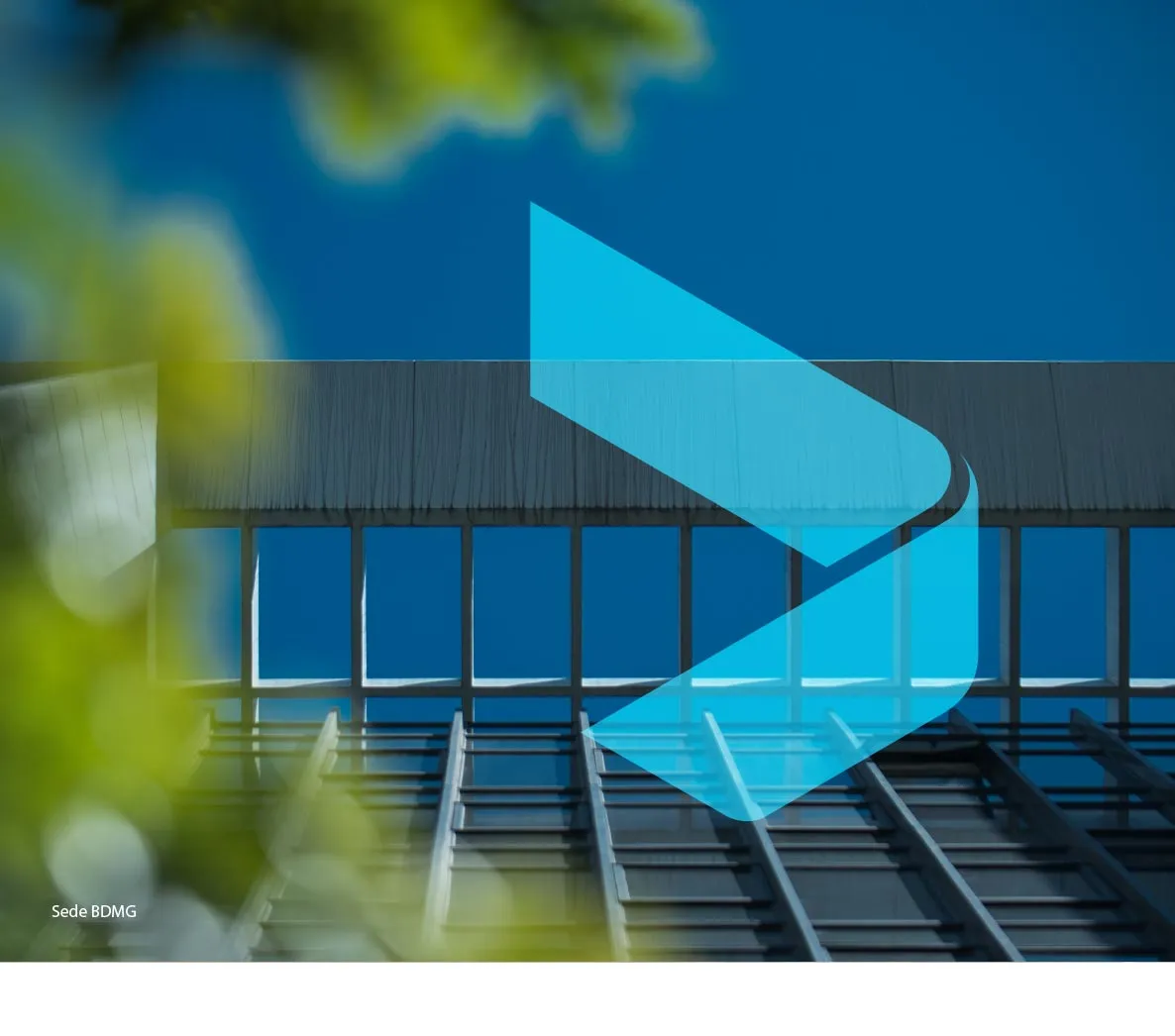
- Governance
- |
- Sustainability Report 2021
Identity
Identity
Founded by State Law nº 2.607, of 01/05/1962, the Development Bank of Minas Gerais S.A. (BDMG) is a financial institution that promotes the development of the State of Minas Gerais and is part of the state's economic development system, linked to the Economic Development Office of the State of Minas Gerais (SEDE).
It is a public company controlled by the State of Minas Gerais, a legal entity governed by private law, part of the indirect administration,
operating in Minas Gerais or in neighboring states. Its headquarters are in Belo Horizonte, Minas Gerais.
As a development bank, it is part of the National Financial System, and its function is promoting social well-being by providing financial services that encourage investments by economic agents.
In addition to Minas Gerais, BDMG operates in four other Brazilian states: São Paulo, Rio de Janeiro, Espírito Santo and Mato Grosso do Sul.
Governance
Structure
The governance structure of BDMG comprises six statutory bodies: Board of Directors, Fiscal Council, Audit Committee, Risk and Capital Committee, Executive Board, Credit and Renegotiation Committee and Ombudsman, in addition to five other non-statutory committees: Management, People Management Committee, Information Technology Committee, Finance Committee and Product Committee. All of them are directly or indirectly subordinated to the General Shareholders’ Meeting, the highest decision-making body, as determined by law. The BDMG governance model is illustrated by the following organizational chart:
- Governance
- |
- Sustainability Report 2021
BDMG Governance Organization Chart
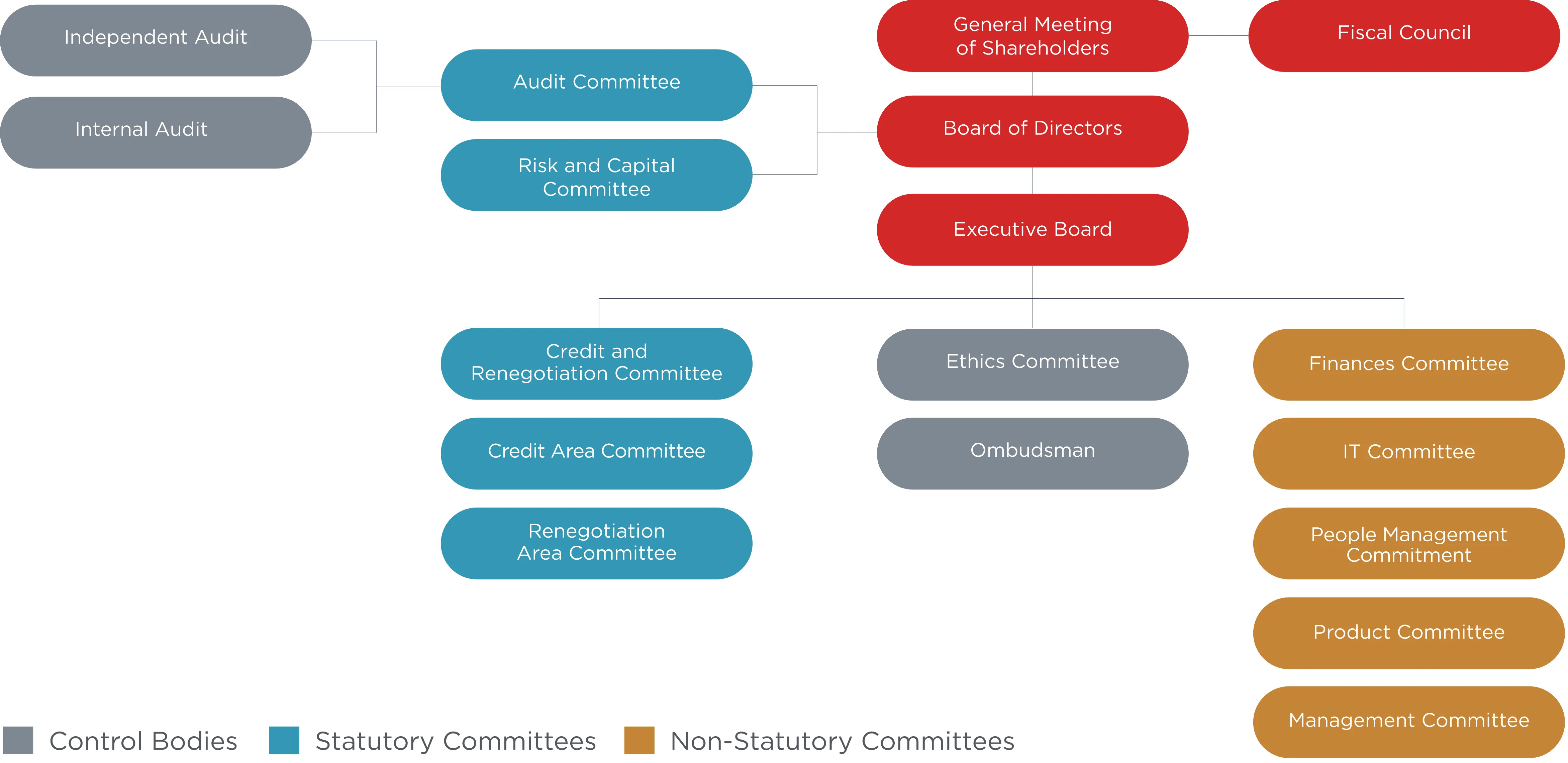
- Governance
- |
- Sustainability Report 2021
BDMG's Governance Structure is periodically reviewed to ensure the safety, efficiency and transparency of the institution. The statutory bodies have the following attributions:
Fiscal Council
The Fiscal Council is directly linked to the General Shareholders’ Meeting and has decision-making and supervisory attributions. It is made up of four effective members and three alternates and its role is assisting the General Shareholders' Meeting, providing technical opinions on the adequacy of the financial statements and on the fulfillment of the legal and statutory duties of the Institution's Managers. In addition, it has the attribution of communicating possible irregularities to the General Meeting, among others, and also preventing and correcting, administrative errors that may cause relevant impacts on BDMG in a timely manner.
Board of
Directors
The Board of Directors is currently made up of eight members, as provided for in the Bylaws, and is the main management body of BDMG, responsible for establishing the guidelines
for the Institution's activities in promoting the State's economic and social development. The Board has the following attributions, among many others:
• Approve and monitor the business plan and the long-term strategy for the Bank's activities in fostering the State's economic and social development activities, providing an annual analysis of compliance to the goals and the results of their attainment;
• Disclose the conclusions of the analysis referred to in the previous item on the BDMG website and communicate them to the Legislative Assembly and the State Court of Auditors; to the State Legislative and the State Audit Court;
• Approve external reports, internal policies and programs compatible with the State's plan and its relevant regional and sectoral development programs;
• Establish criteria for carrying out judicial and extrajudicial agreements and transactions.
- Governance
- |
- Sustainability Report 2021
Executive Board
The Executive Board is responsible for the general management of the Institution, seeking to ensure compliance with its institutional objectives and the effectiveness of the Board of Directors' deliberations to ensure its regular functioning. The Executive Board also submits to the Board of Directors the proposals on relevant matters of the Institution, as defined in the Bylaws.
The Executive Board is made up of five members, including the Chief Executive Officer, the Vice President and three Executive Officers, who meet weekly under the coordination of the Chief Executive Officer and, in addition to the general management of the Bank, they have the following attributions:
• Establish BDMG's general policies and guidelines, submitting them to the deliberation of the Board of Directors;
• Implement the strategy defined by the Board of Directors;
• Conduct the Institution's asset and liability operations not included in the decision-making powers of the Board of Directors or the Credit and Renegotiation Committees.
Audit Committee
The Audit Committee provides permanent support to the Board of Directors, in compliance with legal requirements. Currently, the Committee is made up of three members. The duties of the BDMG Audit Committee are, among others, to give an opinion, in order to assist the Shareholders in appointing Managers and Fiscal Council members, on the fulfillment of the requirements and the absence of possible impediments regarding elections; reviewing, prior to publication, the semi-annual financial statements, explanatory notes, management reports and the independent auditor's opinion; supervising and evaluating the effectiveness of the area of internal controls, controllership, independent and internal audits, as well as compliance with legal and regulatory provisions applicable to BDMG, in addition to internal regulations and codes.
- Governance
- |
- Sustainability Report 2021
Risk and Capital
Risk and Capital
Committee
The Risk and Capital Committee is a collegiate body made up of four members: the Chief Executive Officer (Committee Chairman), the Director Responsible for Risk Management, the Director Responsible for Capital Management and a member of the Board of Directors.
The Committee meets ordinarily at least once a month and quarterly with the Board of Directors to report on risk and capital management. Besides the attributions established by the Board of Directors and those in the applicable legislation, it is responsible for advising the Board of Directors on risk and capital management, providing a comprehensive and integrated view of the risks and their impacts and also assisting the Executive Board and the Board of Directors in establishing and reviewing the Institution's risk appetite levels.
Credit and
Renegotiation
Committee
The Credit and Renegotiation Committee is made up of representatives of the following areas: Credit Analysis, Operations, Credit Management, Products, Risks and Internal Controls, Planning and Legal Counsel.
It is the responsibility of the Credit and Renegotiation Committee to decide the limit and use of credit, renegotiation, changes in warranty and contracts, including credit cooperatives, up to the amount equivalent to 1% of the BDMG Shareholders' Equity, following the risk criteria defined by the Board of Directors, among other duties.
Ombudsman
The BDMG Ombudsman is structured as an administrative unit linked to
the Chief Executive Officer. The Ombudsman's term of office is two years, with only one reappointment permitted for an equal period. Its main attribution is to provide assistance, as a last resort, to customers and users of BDMG's products and services.
Complaints from customers and users of products and services are received through a 0800 hotline, recorded by the Customer Service Center (NAC) in a CRM system. The Ombudsman also deals with complaints sent by the Central Bank Ombudsman (BACEN), the Audit Committee and the State Ombudsman General (OGE/MG), ensuring compliance with deadlines and strict compliance with legal and regulatory rules on customer rights.
The number of complaints solved remained at the level of 2021, higher than in previous years, in line with the significant increase in the customer portfolio and renegotiations resulting from the pandemic.
- Governance
- |
- Sustainability Report 2021
Risk Management,
Internal Controls
and Integrity
BDMG has areas dedicated to risk management, internal controls, compliance and integrity, with independent actions linked directly to the Chief Executive Officer, which may be led by another Executive Director not responsible for the Bank's business activities.
The duties of the areas responsible for risk management, internal controls, compliance and integrity, in addition to others provided for in the specific legislation and BDMG's regulations, are:
• Advising the Board of Directors on the integrated management of risks, internal controls, compliance and integrity, proposing policies and strategies;
• Disseminate the culture of risk management, internal controls, compliance and integrity;
• Forward periodic reports to the Audit Committee on the activities.
The areas responsible for risk management, internal controls, compliance and integrity report directly to the Board of Directors in situations in which a member of the Executive Board is suspected of involvement in corruption or when a member fails to take the necessary measures in relation to a reported issue.
- Governance
- |
- Sustainability Report 2021
Exclusive issue of shares with voting rights (common), adopting the principle: one share – one vote;
Different people in the positions of Chairman of the Board of Directors and Chief Executive Officer;
Internal Regulations with clear definitions of the attributions and responsibilities of the Board of Directors;
Disclosure of summary minutes of the Board of Directors on the BDMG website;
Statutory committees;
Non-statutory committees to assist in governance, such as the information technology, people management, managerial, financial and product committees;
Formalization and public disclosure of the institution's corporate governance structure;
Implementation of the risk and capital committee, as an advisory body to the Board of Directors;
A tool to allow the monitoring of all steps in the process of granting credit;
- Governance
- |
- Sustainability Report 2021
Adoption of a strategy management model that allows the definition of objectives and the measurement of the final results of BDMG's operations;
Disclosure of the risk management model and strategic guidelines on the BDMG website;
Audit Committee, which reports to the Board of Directors, made up of at least three and at most five members, including up to three external independent members, according to BDMG's bylaws. At least two members must have proven knowledge of auditing and accounting that qualify them for the role;
Internal audit reporting directly to the Board of Directors and the Audit Committee, with periodic meetings;
Annual evaluation of the Internal Audit by the Audit Committee;
Systematic presentation of risk management practices to the Board of Directors;
Systematic presentation of internal control procedures to the Board of Directors;
No reservations in the opinions of the Independent Auditors in the last five years;
Direct and systematic relationship of the Independent Audit with the Audit Committee;
Annual evaluation of the Executive Board, collectively, and of each of its members, individually, by the Board of Directors;
Independent Auditors not allowed to provide other services to BDMG;
Update of the Code of Ethics, Conduct and Integrity published on the BDMG website;
There is a policy for operations with related parties;
Annual disclosure of relevant information on transactions carried out with related parties in the period.
- Governance
- |
- Sustainability Report 2021
In line with the best practices of Corporate Governance, in order to ensure the transparency of processes and alignment with the Institution's interests, transactions with Related Parties carried out by BDMG are governed by the provisions of BDMG Resolution No. 209.
This Resolution lists individuals and legal entities that can be considered as Related Parties of BDMG, which can control or have significant influence over the Institution's financial and operational decisions or enable the generation of benefits that are not consistent with standard market practices.
Some legal entities considered Related Parties as a result of transactions carried out with BDMG:
• The State of Minas Gerais (controller of the Bank) and companies whose capital, directly or indirectly, is held by the State, its autarchies, foundations, public companies and mixed capital companies;
• The legal entities of the Indirect Administration of the State of Minas Gerais.
- Governance
- |
- Sustainability Report 2021
According with CMN Resolution 4,693, of 10/2018, in its Governance Policy, BDMG considers management and fiscal councilors, officers, members of the Audit Committee and other advisory and governance bodies, and those holding positions of trust as Related Parties, and the contracting of credit operations to these or to companies in which they are shareholders is prohibited, if they have a share in the capital equal to or greater than 15%.
Integrity
and Compliance
Directly linked to the Chief Executive Officer, the Compliance Department's mission is to ensure that BDMG operates in a way that respects the rules of the organization, complying with laws and internal and external regulations, also encouraging ethical and responsible practices and promoting a culture of compliance that is essential for the safe and efficient attainment of its strategic objectives.
Management is responsible for encouraging integrity actions related to employees, customers, partners and other employees of BDMG; mitigating compliance risks and issue guidelines on queries regarding the practice of ethical conduct, together with the Ethics Committee.
In 2021, several internal rules were revised and updated, including those related to credit policy,
risks, people management, socio-environmental, prohibitions and impediments, protection of personal data and prevention of money laundering and financing of terrorists (PLD /FT).
In order to promote a culture of compliance, integrity and diversity, monthly reports were sent on the aforementioned topics to all BDMG employees.
Annual training sessions were held for members of the Executive Board and Board of Directors, Fiscal and Audit Committees on Governance, Risks and Compliance, including the main points of Law 13,303/2016, which provides for the legal status of state-owned companies; the Prevention of Money Laundering and the Financing of Terrorism, in compliance with Central Bank regulations, for members of the Executive Board, Audit Committee and employees, as well as training on Privacy and Protection of Personal Data, such as the enforcement of the General Law of Personal Data Protection (LGPD).
- Governance
- |
- Sustainability Report 2021
Ethics and
Integrity
The principles and values that guide the conduct of employees/staff are established in BDMG's Code of Ethics, Conduct and Integrity, applicable to all who have a mandate, position, function, job or provide services to the Institution, even if temporarily and/or non-remunerated. The Code was drawn up in accordance with Law 13,303, of June 30, 2016, which provides for the legal status of state-owned companies; its latest revision included specific provisions to address social media, conflicts of interest, side activities and receiving gifts.
The Ethics Committee, established by BDMG to ensure compliance, updating and dissemination of the Code of Ethics, operates in line with the institutional values of ethics, transparency and commitment to Minas Gerais society, and is available for internal consultation.
Some of the duties of the Ethics Committee, defined in its Internal Regulations and in State Decree No. 46,644, are to ensure compliance with BDMG's Code of Ethics, to follow the rules and guidelines of the Public Ethics Council of the State of Minas Gerais (CONSET) and guide and instruct people about professional ethics. It is the responsibility of the Committee, to investigate complaints of any conduct that may infringe ethical-professional principles or rules, among others.
The investigation of unethical conduct is carried out following the guidelines established in the bylaws. If, after the investigation process, the Committee concludes that the employee should be held responsible in the administrative, labor, civil or criminal spheres, a copy of the investigation procedure is forwarded to the Human Resources Department so that the appropriate measures can be applied (Art. 14 of the Internal Regulations).
In 2021, with the support of the IT Department, the BDMG Ethics Committee made available on its intranet page the Booklet of Ethics in Telework and the Booklet on Moral Harassment. Both documents were made available by Conset - Minas Gerais Ethics Council.
Also in 2021, in partnership with the Compliance Department, the BDMG Ethics Committee held a lecture entitled “Behavioral Insights” and the speaker was an auditor from the Federal Comptroller General (CGU). The online event was attended by approximately 70 employees.
In 2021, the Ethics Committee received two complaints of personal conflicts that were duly dealt with and resulted in conciliation between those involved. Below is a table of complaints sent to Internal Control and the External Audit:
- Governance
- |
- Sustainability Report 2021
Whistleblower
Channels
BDMG has whistleblower channels to receive anonymous information about evidence of fraud, violation of legislation or internal regulations, the Code of Conduct, Ethics and Integrity, as well as other illicit acts which may affect members of statutory bodies, as well as evidence of illicit acts. Complaints are received on the BDMG website through the Audit Committee and the State Ombudsman's Office (OGE/MG).
It is important to note that throughout 2021 there were no reports of any alleged misconduct or irregular action by BDMG. The Bank's attention to always working in line with the legal system relating to banking principles, corporate governance and ethics meant that there were no complaints against BDMG.
Disciplinary
Proceedings
The Bank has an internal rule that deals with disciplinary proceedings, which provides: "BDMG employees, due to failure to comply with their duties or failure to observe the prohibitions imposed on them or any action or omission that constitutes labor malpractice, will be subject to one of the following: penalties provided for in the Personnel Bylaws”, observing the rules provided for in the norm. It also describes when warning or suspension penalties and the dismissal process should be applied, as well as investigation and disciplinary proceedings.
Relationship with the
state of Minas Gerais
In line with the public interest and in compliance with its corporate purpose (Bylaws, article 4, IV – The purpose of BDMG is to: (....) IV. provide advisory and technical assistance services to the direct and indirect management of the State and Municipalities and private companies);, BDMG carries out activities for structuring the privatization and demobilization of assets of state-owned companies in Minas Gerais, providing specialized advisory and technical assistance services. Among these services are scenario assessments, economic-financial assessments, legal analysis, modeling, technical assistance in the preparation and execution of asset demobilization.
Therefore, BDMG operates as partner of the State of Minas Gerais in the structuring of strategic projects, in line with the Public Policies defined by its shareholder.
- Governance
- |
- Sustainability Report 2021
Corporate
Communication
In 2021, BDMG leveraged its social communication instruments in order to protect the Bank's image and reputation, maintain internal alignment and publicize its institutional and marketing actions to Minas Gerais’ society.
For this purpose, the Communication and Marketing sector carried out advertising campaigns in online and offline media that involved the dissemination of several fronts, including the Public Notice of Municipalities, the Empreendedoras de Minas line, the Pronampe line, new products in renewable energy, balance of disbursements during the pandemic, among others. In all these actions, as a strategic guideline, we sought to add to the commercial information about each product. the institutional sense of the socioeconomic impact of BDMG - most campaigns used videos, photos and/or
testimonials from real customers of the Bank, showing how credit transformed their realities and brought more development to the State.
There was also communication directed at city halls, banking correspondents, professional associations, direct sales – customers and potential customers, with the aim of supporting the commercial area.
Continuous improvements were made to the content of BDMG's website, in order to further balance its commercial bias with institutional narratives in line with the institution's profile and strategy. One of the highlights was the creation of pages on the Public Notice of Municipalities and Sustainability, in addition to constant updates in the Micro and Small Business sections and on the home page. In 2021, BDMG continued to
- Governance
- |
- Sustainability Report 2021
In 2021, BDMG maintained its proactive and transparent approach to the relationship with the press. The Bank was mentioned in 3,366 articles captured by the clipping system, 97.3% of which were classified as positive/neutral. The focus was the Minas Gerais press, responsible for about 2/3 of the articles; 1/3 of them were published in the national press or in other states, contributing to highlight
BDMG as a relevant player in the National Development System.
From an internal point of view, 59 editions of the Report were published, in order to keep the internal public aware of the main news related to BDMG's operations, as well as to constantly bring up-to-date public utility articles on the prevention of Covid-19. Virtual meetings were also held for direct communication between the Executive Board and employees, aiming at dialogue and alignment.
Team
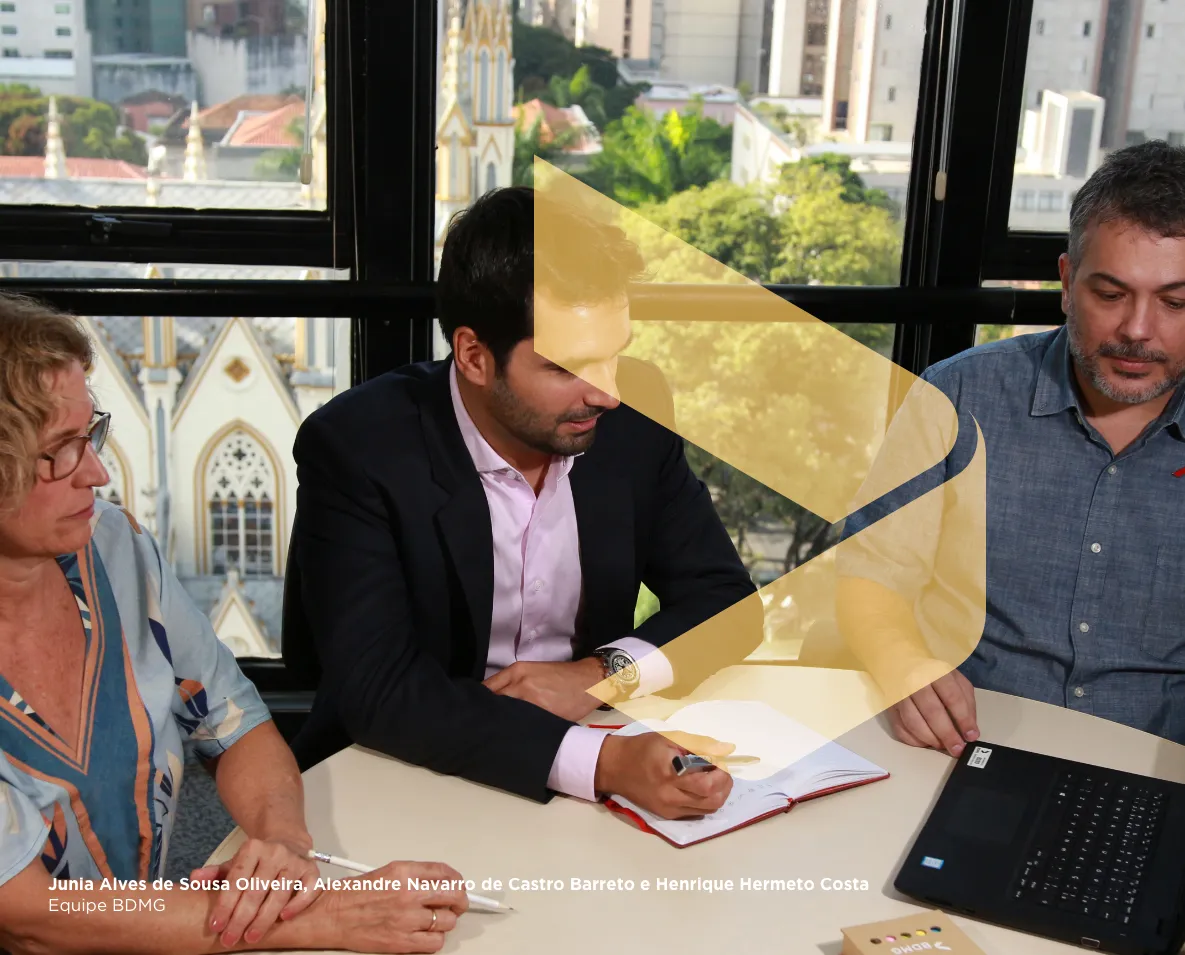
- Team
- |
- Sustainability Report 2021

BDMG has qualified and committed professionals in the search for solutions for the development of the State of Minas Gerais. At the end of 2021, the Bank had a team of 328 employees, of which 2952 permanent employees were hired through public tender and 33 were appointed to broad recruitment positions, linked to the Executive Board's mandate.
Of the total number of career employees, admitted through public tender, 76% have a doctorate, master's or graduate degree, and their main areas are: Administration, Engineering, Economics, Accounting, Systems Analysis and Law.
2 14 employees are on loan or have suspended contracts.
Employees Admitted
Through Public Tender
since 2021
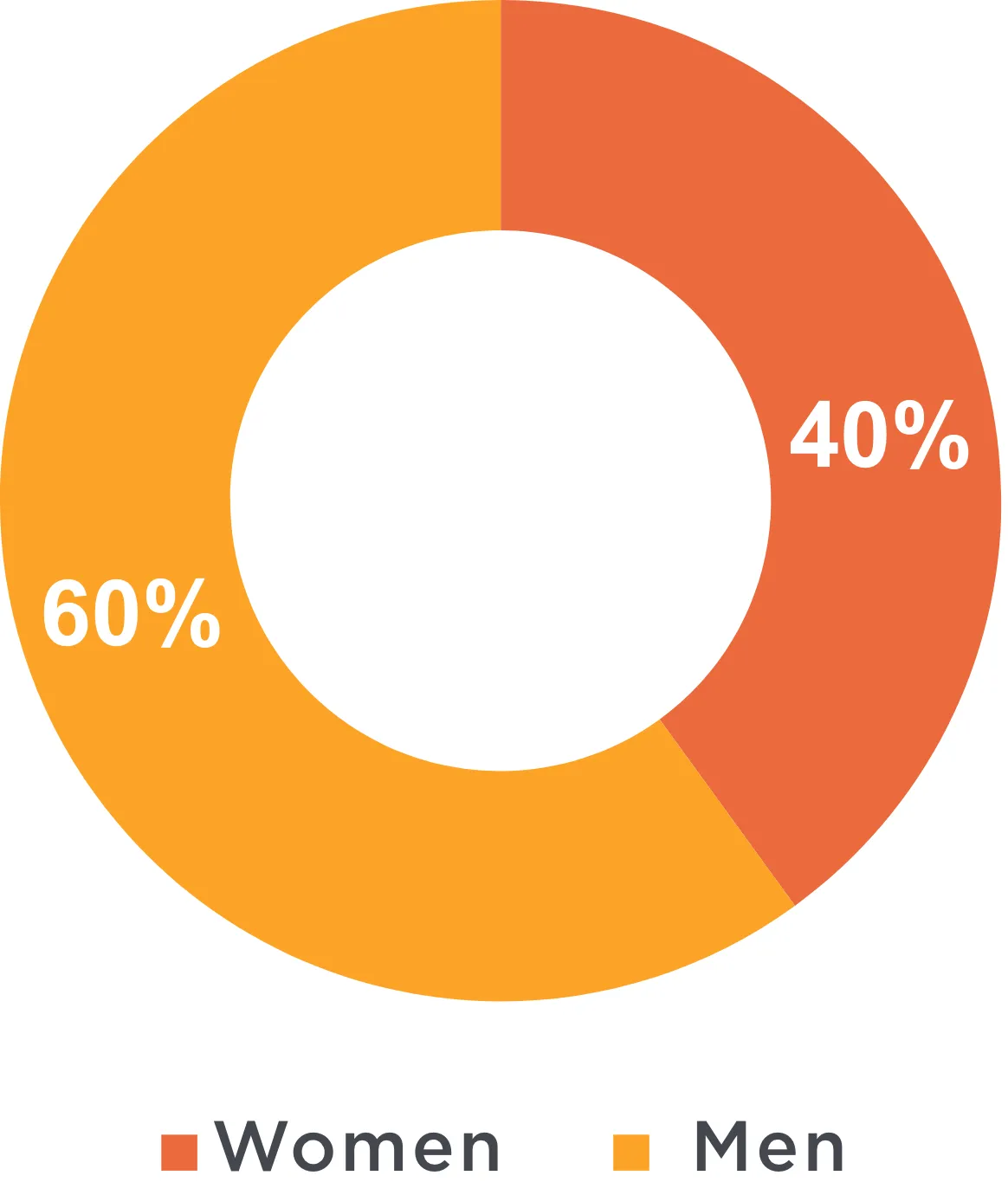
Age Group of
BDMG Employees
Since 2021
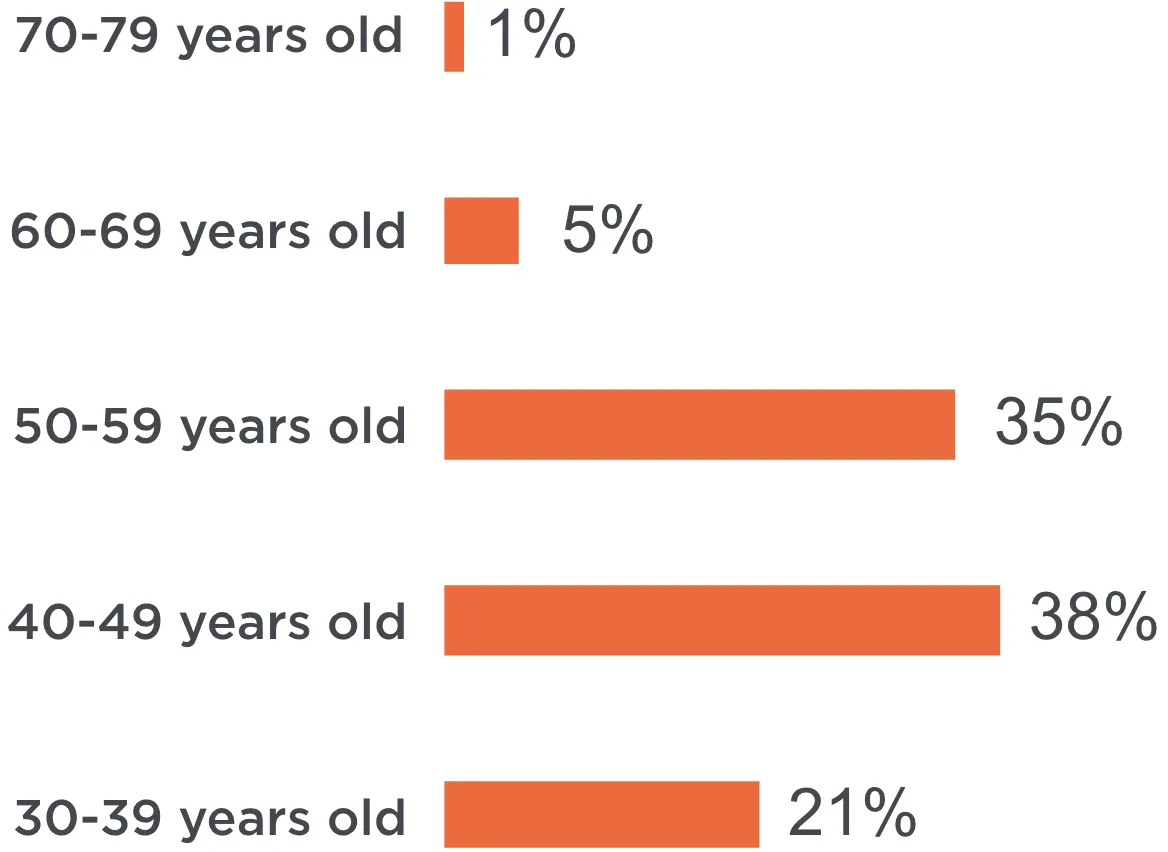
- Team
- |
- Sustainability Report 2021
BDMG Employees’ Level of Educatio
Since 2021
| Education level | Nº | % |
|---|---|---|
| Doctoral degree | 9 | 3 |
| Master’s degree | 33 | 11 |
| Graduate | 184 | 62 |
| Undergraduate | 64 | 22 |
| High School | 5 | 1 |
| Total | 295 | 100 |
Source: Internal Data
The BDMG team also has 105 interns and apprentices from the Learning Program and 148 employees from outsourced teams who provide services which are not typical of BDMG careers, such as: building maintenance and general services, IT services, project analysis engineering, administrative services.
People Management
Policies
The people management strategy intends to ensure that BDMG has qualified professionals engaged around the organizational strategy, in continuous development, in a productive, safe and healthy work environment, with knowledge of the business aspirations and involvement in the strategy and transformation of the institution.
BDMG adopts a people management model based on competencies, which promotes the alignment of management processes with the organizational strategy, creating means that enable the commitment of individuals and groups to the organization's objectives. In this sense, the essential competencies for implementing the strategy were defined, which serve as a subsidy for all personnel processes and policies:
BEHAVIORAL
COMPETENCIES
- • Adaptability
- • Effective Communication
- • Systemic vision
- • Protagonism and leadership
TECHNICAL
COMPETENCIES
- • Economic Impact, social and environmental vision
- • Specialist in the State of Minas Gerais
- • Bank Finances
- • Market Vision
- • Data Analysis
- Team
- |
- Sustainability Report 2021
Health
and Safety
Aware of the effects of the crisis created by the COVID-19 pandemic, since March 2020 BDMG has established and updated preventive measures to preserve the health of all employees, partners and customers. The Bank has adapted its dynamics and processes to the telework (remote) regime, preserving its ability to serve its customers in an uninterrupted manner.
Since 2001, BDMG promotes actions aimed at the integral health and well-being of employees, through BDMG Envolve.
In 2021 the Bank adapted and modernized its Health and Safety Program – BDMG Envolve - seeking to support employees in teleworking in the pandemic context. Among these actions, BDMG implemented online gymnastics, enabling greater closeness and interaction with postural reeducation teams,
and made available the BDMG Envolve platform with content and guidelines on ergonomics, mental health, among others. Once again, the Bank ensured flu vaccination for all employees, interns and outsourced staff.
A highlight in 2021 was the Healthy Mind Program, in partnership with DESBAN and Gattaz, Health & Results, focused on preserving the mental health and supporting the emotional well-being of all employees. Several training actions were carried out involving managers and teams, such as workshops, assessments and online services for all employees.
Other actions of the program, such as the vocal group, activities in the Envolve space and food reeducation were interrupted due to the Covid-19 pandemic.
Telework
Telework
With the COVID-19 pandemic, 85% of BDMG's workforce, including employees, interns and outsourced teams, started working remotely.
Internal surveys showed that employees and managers were pleased with the remote work experience and that productivity and interaction with teams remained satisfactory. At the end of 2020, considering the successful experience, cost reduction and in tune with global movements to change the work regime of companies, a New Telework Policy was approved.
In 2021, a participatory process was carried out to implement this new model (as of February 2022), in line with BDMG's needs, employee profile and nature of activities. Also in 2021, several studies were started on layout adjustments in order to modernize the work infrastructure, considering hybrid (remote and in-office) work.
- Team
- |
- Sustainability Report 2021
Continuous
Development
The objective of the training and development activities made available by BDMG is training employees to do their duties, as well as contributing to attaining organizational and unit goals.
In 2021, BRL 751 thousand were invested in training 131 employees. Three structuring programs were launched, addressing the following topics: English language, with the objective of increasing the proficiency of employees who work directly with international negotiations; graduate and MBA courses focused on the development of essential competences within the scope of BDMG's strategy; and a Leadership course to prepare managers and analysts with a leadership profile to play their decisive roles in achieving strategic goals and objectives.
sides these training courses, 185 employees attended courses,
Continuous
Development
lectures and seminars that addressed topics, such as Banking Finance – Exchange, ALM, Effective Communication, Risk Management, Credit Recovery, Administrative Law, Ombudsman, LGPD.
Three training courses were held in partnership with the Brazil Green Finance Programme of the UK PACT, which involved the participation of 119 employees: Carbon Market training, Linked Bonds training and a Women's Leadership workshop. The Brazil Green Finance Programme aims to boost investments in sustainable infrastructure projects to support low- carbon economic development in Brazil, contributing to the fulfillment of its NDCs3 targets under the new Global Compact.
With regard to mandatory training, all permanent employees, interns, outsourced workers and the Board of Directors had training
Continuous
Development
on LGPD and Online Information Security topics, given by internal personnel and specialized institutions for the Prevention of Money Laundering and Terrorism.
Another development action carried out by the Training and Development team is the monitoring of free materials, sending to all employees from time to time a newsletter with a selection of courses, activities and content, in order to contribute to the continuous improvement of the intellectual capital of the teams, in line with BDMG's strategic guidelines, purpose and values. In total, 53 pieces of content were shared in different formats on the following topics: Technology, Data Science, Agile Methodologies, Leadership, Finance, Communication, soft skills, among others.
3English acronym for Nationally Determined Contribution, are the targets stipulated by a non-binding national plan that highlights the mitigation of climate change so that each country can contribute to the reduction of CO2 emissions.
- Team
- |
- Sustainability Report 2021
Internship and
Apprenticeship Program
In 2021, BDMG restructured its Internship Program in order to achieve greater alignment with business needs, maximizing the impact on the student's career, promoting inclusion and diversity in the work environment and achieving greater efficiency and cost management.
The BDMG Internship Program promotes integration between the Bank and educational institutions, as well as encourage teamwork and the exchange of experiences between students and BDMG professionals. The program offers opportunities
for students and higher-level students in Business Administration, Accounting, Law, Economics, Engineering, among others.
The Apprenticeship Program, on the other hand, promotes the personal and professional development of teenagers, facilitating their insertion into the formal job market and providing the acquisition of habits, experiences and attitudes that are essential for human and social training. The program only covers the Minor Apprentice modality and the total number of apprentices is limited to 15% of the development technicians who do not occupy a position of trust in BDMG.
- Team
- |
- Sustainability Report 2021
Diversity
and Inclusion
Seeking to contribute to the 2030 Agenda in terms of gender equality and reducing inequalities, as of November 2021, BDMG established new socioeconomic and gender criteria in the selection process to expand opportunities for women and young people from public schools and beneficiaries of government programs in the BDMG Internship Program. Among the interns, 49% are women.

Diversity among BDMG interns
Disabled - Interns
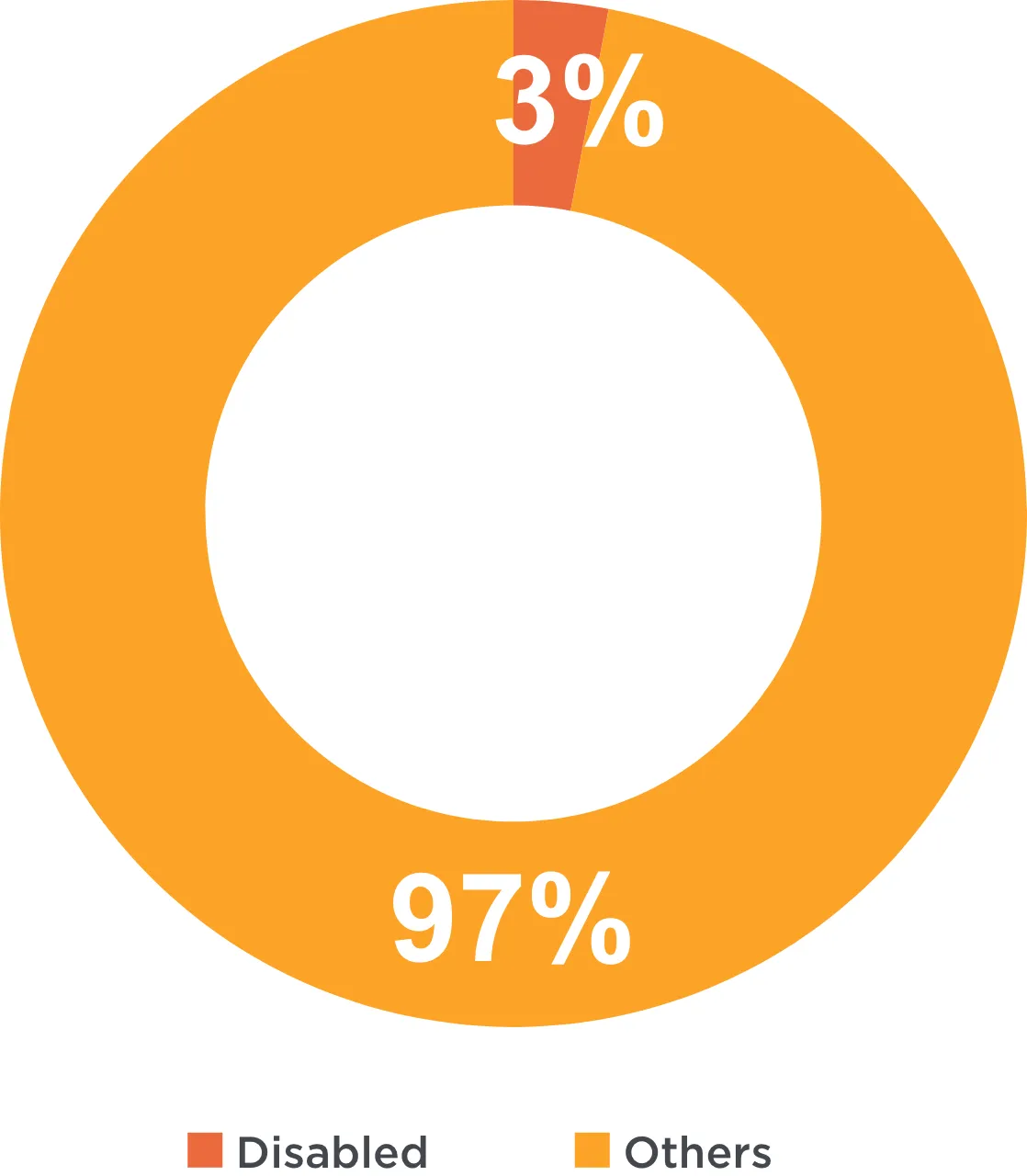
Interns by race
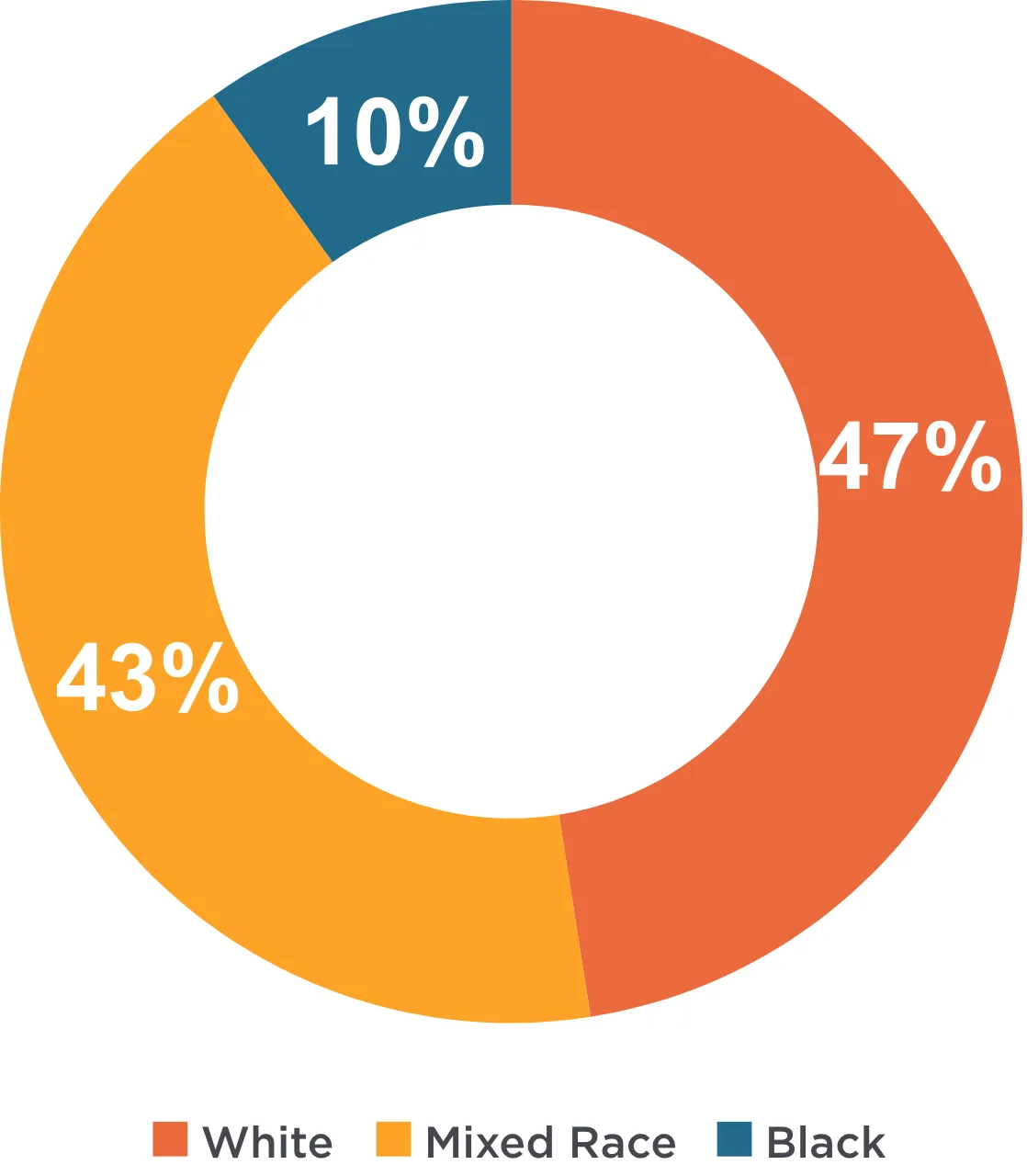
- Team
- |
- Sustainability Report 2021
With regard to employees, as a public institution, admissions are carried out through a public tender, and therefore, the inclusion criteria are limited to those permitted by federal and state legislation. However, management positions have a more balanced gender distribution. Women account for 40% of the general staff and 47% of management positions.
Diversity among BDMG employees:
Race/ethnic group
- Public Emplyees
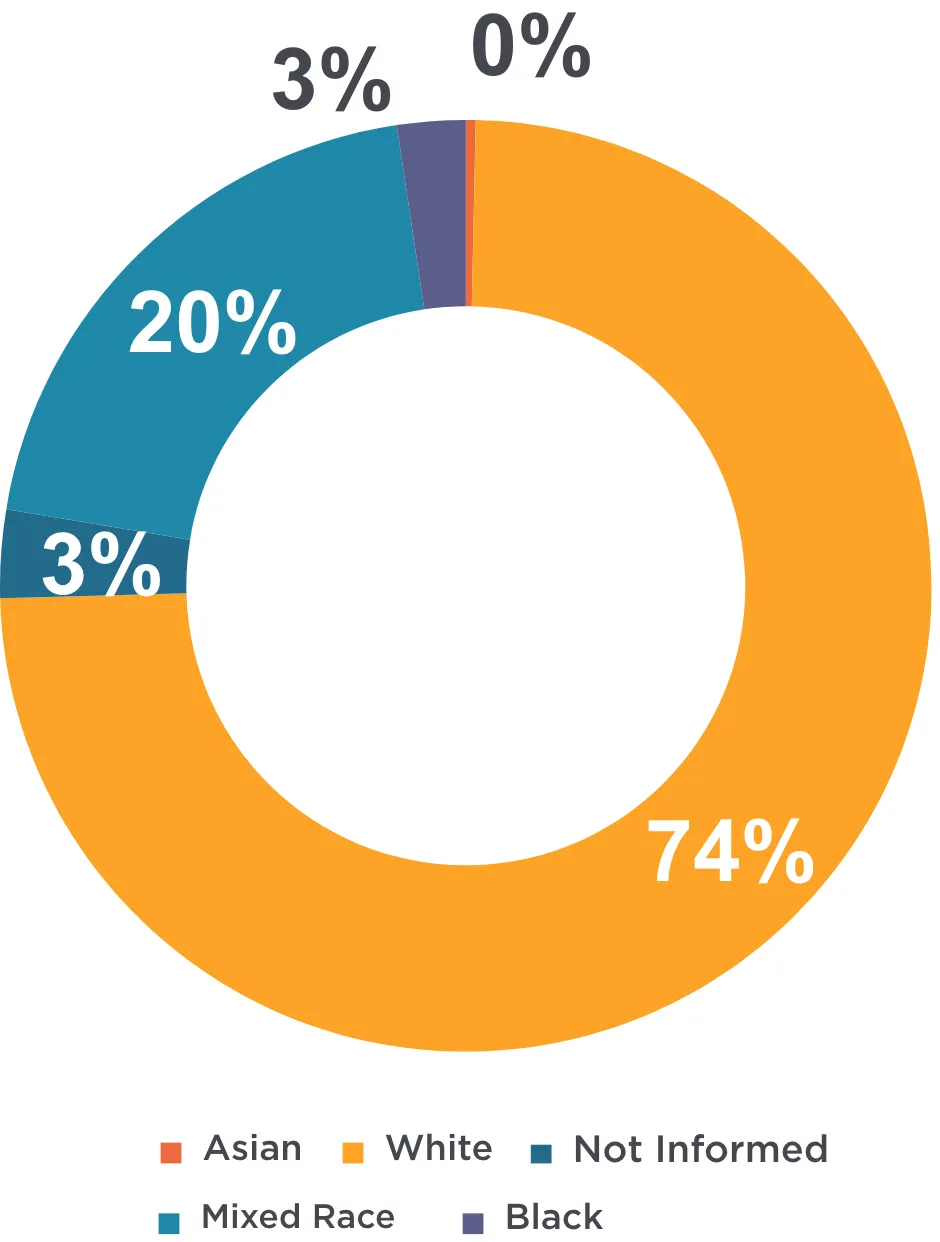
Handicapped
- Public Emplyees
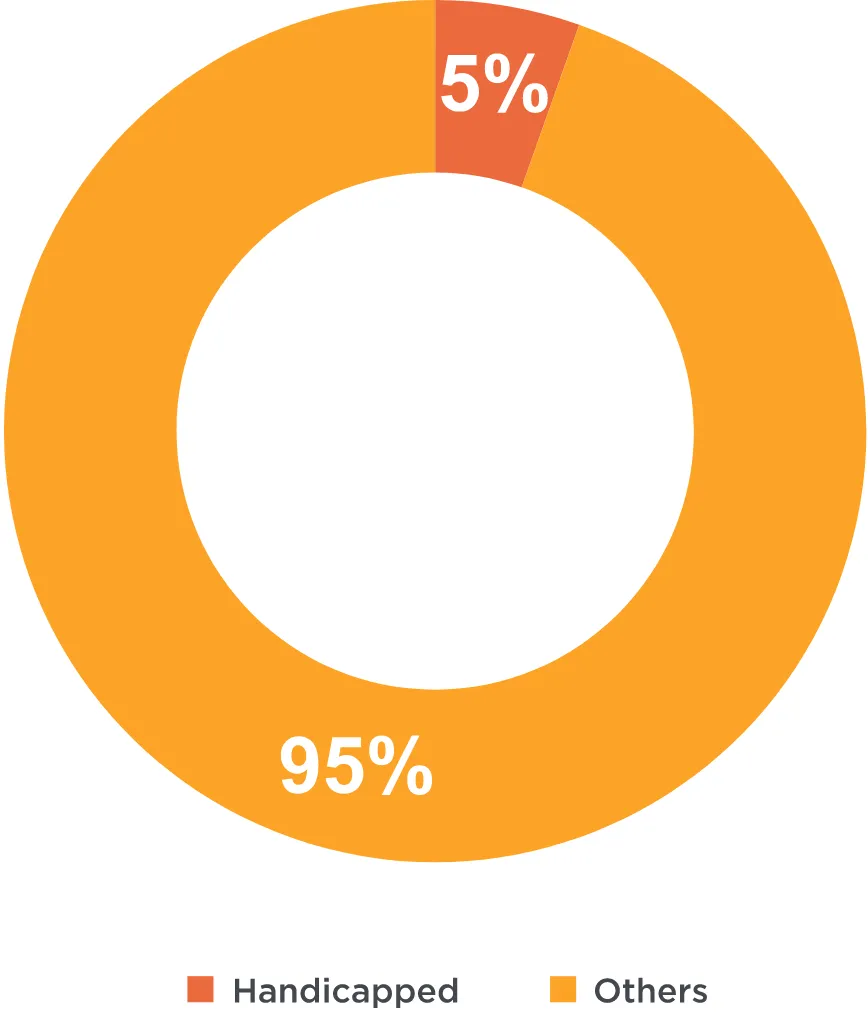
- Team
- |
- Sustainability Report 2021
Benefits
provided
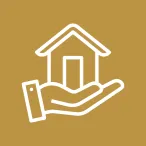
Private Pension
In order to assure that employees receive supplementary retirement payments above the pension granted through the General Social Security System – RGPS, BDMG sponsors the supplementary pension plans managed by the BDMG Social Security Foundation – DESBAN.
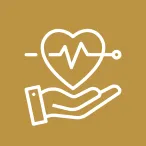
Health Care Plan
The Health Plan provided by the BDMG Social Security Foundation – DESBAN provides dental, outpatient and hospital coverage to its users and dependents, and is funded by BDMG, DESBAN and by active, assisted and self-sponsored users.
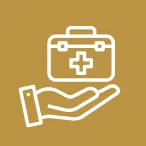
Occupational physicians
BDMG has an Occupational Medicine service at its premises, whose attributions are to carry out admission, dismissal, periodical and return-to-work medical examinations, in addition to monitoring the control of absences caused by health issues.
- Team
- |
- Sustainability Report 2021

Extended Maternity and Paternity Leave
BDMG is a participant in the Empresa Cidadã Program, providing an extension of maternity leave by 60 days (total of 180 days) and paternity leave by 15 days (total of 20 days) in cases of birth or adoption. Benefits related to maternity and paternity leave are provided to all employees, including those who declare homosexual relationships.
Internal Committee
for Accident
Prevention - CIPA
Considering that the Bank does not have considerable chemical, physical and biological risks, CIPA BDMG focuses on ergonomic risks and accidents, as well as on activities to promote the health of employees. In 2021, CIPA's actions were aimed at encouraging the participation of employees in online gymnastics activities, in view of the remote work regime; support the People Management Superintendence in the implementation and dissemination of the Mental Health Program and support the development and implementation of the Health and Safety Platform, in partnership with BDMG Envolve; among others.
In the pandemic context, CIPA maintained the calendar of monthly meetings and constant dialogue with the Superintendence of Personnel Management on issues related to the fight against Covid-19, and the president of CIPA became a member of the BDMG “COVID Committee”, as of March 2021. In September, CIPA promoted the Internal Week for the Prevention of Accidents at Work - SIPAT, focusing on the theme "Myths and Truths about mental health", which featured expert speakers in the area and had significant participation of employees.

Performance
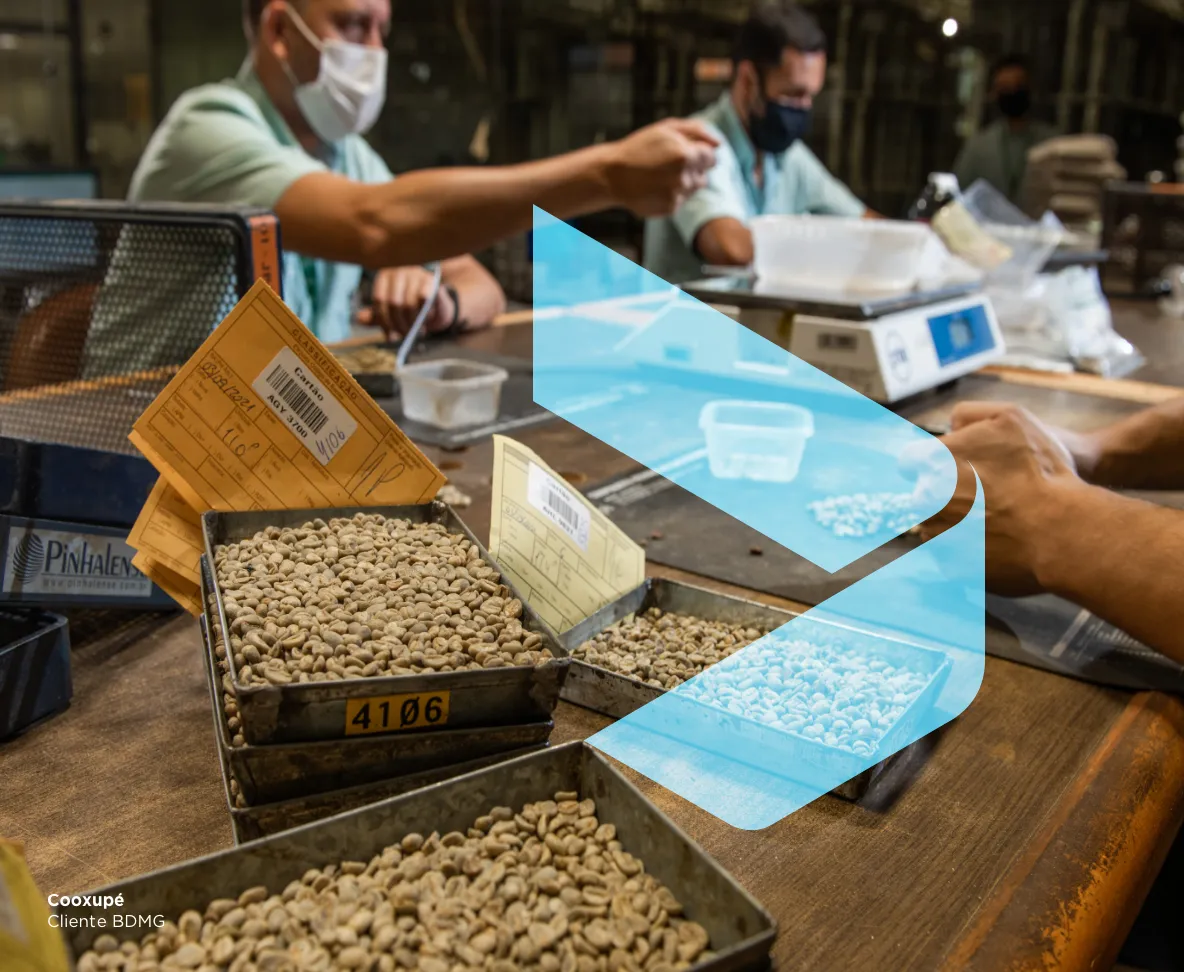
- Performance
- |
- Sustainability Report 2021
The total disbursement in 2021 was BRL 1,929.7 million, serving 4,918 private and public customers. Compared to the 2020 disbursement, there was a decrease of 32%, which reflects the implementation of emergency credit programs at the time of the outbreak of the COVID crisis. Considering the entire pandemic period, BDMG invested BRL 4.6 billion in the Minas Gerais economy, contributing to the strengthening, recovery and overcoming this adverse scenario, serving 16,449 customers between March 2020 and December 2021.
Monthly Disbursements
and Number of Customers
in 2021 – Monthly

- Performance
- |
- Sustainability Report 2021
Analyzing disbursements by company size4 in 2021, BRL 311.9 million were allocated to 4,522 micro and small companies, which represents 92% of the number of customers served by BDMG in the period. BRL 586.6 million was disbursed for 153 medium-sized companies, while for 49 large companies, the amount was BRL 933.6 million. As for the public sector, BRL 91.8 million was disbursed for projects in 203 municipalities. Another BRL 5.7 million was allocated to investments in Investment and Participation Funds (FIP).
As for the origin of funds disbursed in the year, 65.4% came from own funds and/or from domestic and international funding;
33.2% were transfers and 2% from funds. The sources of funds that stood out in the period were: Letters of Credit for Agribusiness (LCA), accounting for 24.2% of the total disbursement; and the Coffee Economy Defense Fund (FUNCAFÉ), with 22.5%. The products of the National Bank for Economic and Social Development (BNDES), as well as those of the National Support Program for Micro and Small Businesses (PRONAMPE), also showed good results, both accounting for 9.5% of total funds transferred.
4 Classification of the size of companies in BDMG: Micro and Small Companies: gross annual revenue lower than or equal to BRL 4.8 million; Average: greater than BRL4.8 million and less than or equal to BRL300 million; Large Companies, above BRL300 million.
- Performance
- |
- Sustainability Report 2021
Disbursements
in 2021 –
By source of funds
| Source | Disbursement (BRL thousand) |
% | |
|---|---|---|---|
|
Own Funds 65,4% |
|
|
|
|
Transfers 33,2% |
|
|
|
|
Funds 1,4% |
|
|
|
| Total | 1.927,0 | 100,0 |
* BDMG DIGITAL, SAÚDE, BD FIXO, FIPs and EQUITY, FAPEMIG, BDMG and CARGIL/LCA
- Performance
- |
- Sustainability Report 2021

The sectors that stood out in terms of disbursement volume were Commerce and Services, with BRL 1,002 million, or 52% of the total. The Transformation Industry appears in second place, with 26% of disbursements or BRL 92.1 million, followed by the Agriculture, Livestock and Forestry sector, which accounted for 11%, with BRL 213.2 million.
Sectoral distribution of BDMG disbursements –
Comparative 2020-21 (in BRL millions)
| Sector | 2020 | % | 2021 | % |
|---|---|---|---|---|
| Commerce and Services |
|
|
|
|
| Transformation Industry |
|
|
|
|
| Agriculture, livestock and forestry |
|
|
|
|
| Public Utility Industrial Services |
|
|
|
|
| Construction |
|
|
|
|
| Mining industry |
|
|
|
|
| Investments in FIP |
|
|
|
|
| Total | 2.849,5 | 100 | 1927,7 | 100 |
Source: Internal Data
- Performance
- |
- Sustainability Report 2021
Disbursement
by Macroregion

On the regional distribution of the disbursed volume, BRL 1,223 million (69%) were allocated to the Central, South Minas and Triângulo Mineiro macroregions. The North, Northwest and Jequitinhonha regions received disbursements of BRL 153.1 million (8%). Other macro-regions received BRL 365.6 million of the total volume released (21%), as shown in the table below.
Distribution of Disbursements in 2021 -
– by Macro region
| Macroregion | 2020 | % | 2021 | % |
|---|---|---|---|---|
| Central |
|
|
|
|
| South Minas |
|
|
|
|
| Triângulo Mineiro |
|
|
|
|
| Alto Paranaíba |
|
|
|
|
| Zona da Mata |
|
|
|
|
| North Minas |
|
|
|
|
| Central-West Minas |
|
|
|
|
| Rio Doce |
|
|
|
|
| Northeast Minas |
|
|
|
|
| Jequitinhonha |
|
|
|
|
| Subtotal |
|
|
|
|
| Other states and investments in FIP |
|
|
|
|
| Total | 2.849,5 | 100 | 1927,7 | 100 |
- Performance
- |
- Sustainability Report 2021
Companies and Town Halls served in 2021 are from 526 municipalities, 432 of them (82%) showing a Human Development Index (HDI)5 below the Brazilian average 5. 39% of the total invested in the North region was directed to photovoltaic solar energy projects, contributing to the growth of renewable energy projects in the region.
With at least one active contract in 793 of the 853 municipalities in Minas Gerais (93%), BDMG has operated with capillarity, benefiting all regions of the State in generating relevant socioeconomic impact.
The active portfolio of BDMG had a balance of BRL 5.8 billion at the end of the year, showing a decrease of 3% compared to the same balance in 2020, and 29,322 customers, compared to 29,170 in the previous period.
BDMG presence in the municipalities of Minas Gerais, according to HDI (Dec/21)


5 The Human Development Index (HDI) measures a nation's progress along three dimensions: income, health and education. The Brazilian average used was 0.728 (2011). Source: https://www.br.undp.org/
- Performance
- |
- Sustainability Report 2021
RESPONSE
TO COVID-19
BDMG has worked effectively, technically and within the best practices of national and international banking governance in supporting the various sectors of the Minas Gerais economy affected by the Covid-19 pandemic. Through financing lines, including those created or adapted to support the sectors most affected by the crisis, from the beginning of the pandemic6 until December 2021, BDMG has already disbursed over BRL 4.6 billion to 16,449 customers in 710 municipalities in Minas Gerais.
During this period, the sectors that received special attention from the BDMG were: the production chain of health care, tourism and micro and small companies. BDMG Pronampe was the product that served the largest number of SMEs, disbursing BRL 854.9 million to 12,189 customers.
6 March 2020, when the World Health Organization (WHO) declared the pandemic.
- Performance
- |
- Sustainability Report 2021
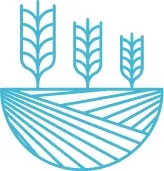
AGRIBUSINESS
In 2021, 49% of the total disbursement was directed to agribusiness. That is, BRL 949.9 million in financing carried out mainly through lines that use resources based on Letters of Credit for Agribusiness (LCA), Funcafé and BNDES. Disbursements linked to the LCA lines were BRL 466.5 million, or 49% of the total allocated to the agribusiness sector - a slight decrease of 1% compared to 2020. This year, new exclusive lines of credit were created for agribusiness, ranging from small rural producers to exporting companies and cooperatives.
- Performance
- |
- Sustainability Report 2021

Funcafé
Among the funds invested in agribusiness, Funcafé accounted for 46% of the disbursement to the coffee chain (BRL 434 million), a reduction of 4% compared to the previous year. For the 2020/2021 Crop Year, BDMG operated with the largest amount of credit to the coffee sector in its history: BRL 462.5 million, fully disbursed. For the 2021/2022 Crop Plan, the amount made available is BRL 355.5 million, of which BRL 276.4 million, or 77%, has already been disbursed. This is the 2nd largest budget of the fund in Brazil, behind only a bank with national operations.
Support for Rural Producers: New Fronts
In June, a partnership agreement was signed for the implementation of a pilot project with Cresol Minas – Rural Credit Cooperative with Solidarity Interaction of Minas Gerais. The cooperative started operating as a financial agent, transferring funds from BDMG and allowing the Bank to increase its reach to rural producers of different sizes, acting as a second tier bank. Until December, BRL 2.3 million had been transferred.
In July, the BDMG Agro Exportação line was launched to provide financial support to exporting companies in the agribusiness chain, valuing Minas Gerais production in the international market. By December 2021, BRL 59 million had been transferred.
BDMG also started to directly access funds from the Ministry of Agriculture, Livestock and Supply (MAPA) to operate lines of the 2021/2022 Crop Plan at BRL 22.8 million.
- Performance
- |
- Sustainability Report 2021
PUBLIC SECTOR
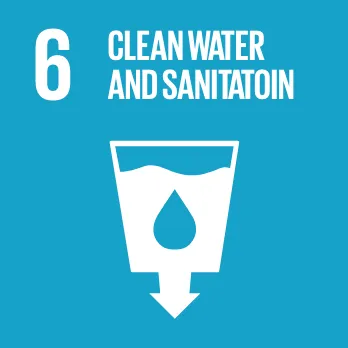
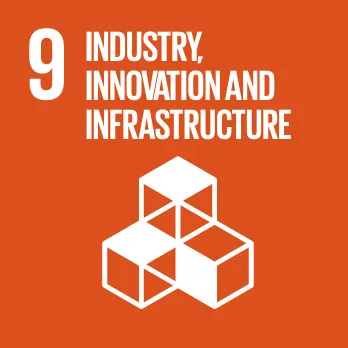
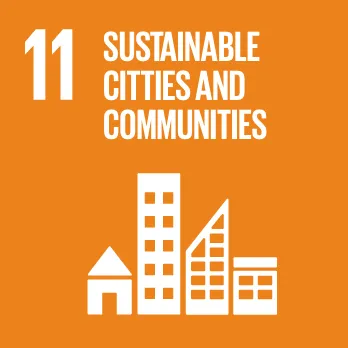
In 2021, BDMG guided its strategy to provide credit to the public sector online, via the BDMG Digital Platform, with a reference limit of BRL 5 million for each municipality, together with other limits, according to the size of the population.
During the year, BRL 91.8 million was disbursed for projects in 203 municipalities in Minas Gerais, and 93% of the total amount disbursed was aligned with at least one of the Sustainable Development Goals. The diversification of credit achieved through the Public Notice and other lines allowed BDMG to maintain its position as the financial agent with the highest number of operations, granted by the National Treasury Department: 83% of operations in Minas Gerais in 2021. From the outlook of the global financial value of operations, BDMG was in second place, after a bank with national operations.
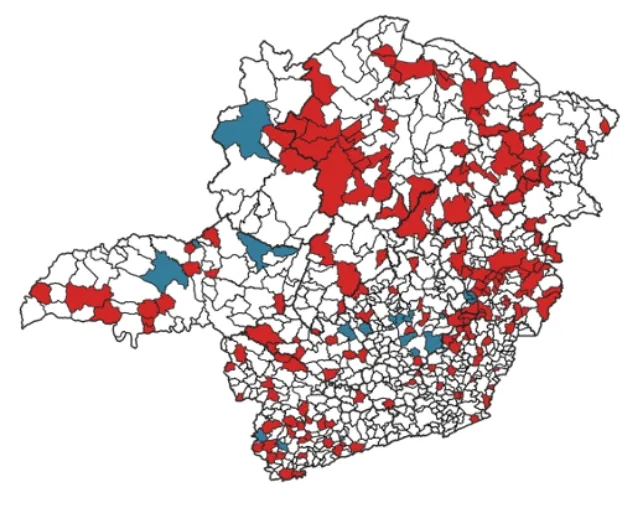

- Performance
- |
- Sustainability Report 2021
BDMG MUNICÍPIOS 2021
PUBLIC NOTICE
In April 2021, BDMG launched a new Public Notice of financing for the public sector, making funds available through 4 lines: Urbaniza (urban infrastructure), Sustainable Cities (clean energy, modernization of public buildings), Sanitation (water, sewage and solid waste) and Maq (machinery, equipment and vehicles). A total of 261 municipalities were awarded new contracts without a guarantee from the Union, totaling a volume of BRL 387 million in credit that will enable new investments, exceeding the initial budget of the 2021 Public Notice of BRL 300 million.
Around 46% of the amount (BRL 180 million) will be allocated to 145 municipalities with an HDI lower than the state average, which will have an additional benefit of 1p.p. in the interest rate when compared to other customers. Additionally, the new contracts will also expand the regional coverage of the public sector portfolio, as 106 municipalities did not have active operations with BDMG prior to the 2021 Public Notice.
In addition to the credit provided via Public Notice, four other lines of continuous access were also made available: the Sustainability line, for investments related to the SDGs; the Prevention line, for investments that prevent damage caused by heavy rains or droughts; the Solidário line, for emergency investments due to calamities affecting the cities; and the Vicinal Roads line, for paving and other investments in municipally managed roads.
- Performance
- |
- Sustainability Report 2021
PROJECT
PLATFORM

Structuring of concession projects: advisory to the State Government
Within the scope of the cooperation agreement signed in April 2020 with the Inter-American Development Bank (IDB) and the service provision contract with the Infrastructure and Mobility Office (SEINFRA) – in order to make investments viable, guarantee the maintenance of the stretches and strengthen the State’s logistics infrastructure – throughout 2021, the structuring of the Ouro Preto road concession was carried out, through a public consultation in July and August and adaptation of the studies after receiving suggestions based on that stage.
In August 2021, the concession contract was signed for three conservation units on the Peter Lund Caves Route, which is part of the State Parks Concession Program (Parc) of the State Forestry Institute (IEF). The model was prepared by BDMG, consolidating the Bank's operations in the project structuring segment also for the state government.
- Performance
- |
- Sustainability Report 2021
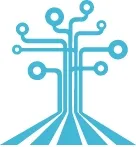
Structuring of concession projects: partnerships for the infrastructure sector
Within the scope of the Technical Cooperation Agreement signed with the State Office for the Environment and Sustainable Development (SEMAD), in order to promote public policies for environmental management and basic sanitation, BDMG has technically assisted SEMAD in the search for an economically viable solution for the creation of regional basic sanitation units, in compliance with the new legal framework for basic sanitation, via Federal Law No. 14,026 of July 15, 2020.
As part of the cooperation agreement signed with the British government, through the Brazil Green Finance Programme — UK Pact – UK Pact signed in June 2021,
consultancy services were made available to foster a partnership in waste management and disposal as a sustainable infrastructure project, on the environmental and climate agenda of the State of Minas Gerais.
In this context, BDMG has carried out studies and projections for the agreement in organizing municipalities in the State of Minas Gerais with a view to the regionalized provision of sanitation and solid waste services. The objective is to promote gains of scale and to guarantee the universal access of the Minas Gerais population to public basic sanitation services, through the submittal of Bill No. 2884/2021 by the State Government.
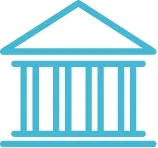
Advisory to Municipalities
In December, the Municipality of Poços de Caldas launched the public notice for the concession for the management and operation of the Integrated Tourist Circuit of the municipality, made up of the Cristo Redentor Tourist Complex, with its cable car and the free flight ramp, Fonte dos Amores, the Recanto Japonês, and the Véu das Noivas Tourist Complex. The project was structured by BDMG.
- Performance
- |
- Sustainability Report 2021
ECONOMIC
RECOVERY
AFTER DISASTERS

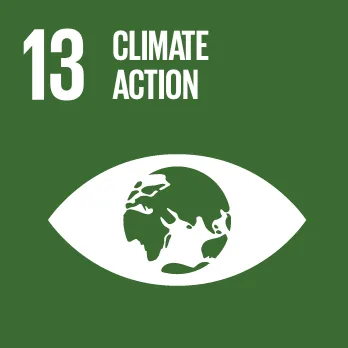
Since the beginning, BDMG has supported municipalities and the productive sector on an emergency basis in times of natural disasters or serious events that affected the population of Minas Gerais. In the case of the Fundão Dam failure, in Mariana-MG, since 2017 BDMG has been working together with the Renova Foundation in socioeconomic programs related to the economic recovery of the Rio Doce region, in the 35 municipalities in the mining area where the Foundation operates.
The Desenvolve Rio Doce Fund is a product of the financing of working capital with the objective of promoting economic activities in the municipalities of Minas Gerais and Espírito Santo affected by the Fundão dam failure. In 2021, BRL 7.1 million were released to 204 customers. The values show a reduction of 44%, compared to 2020, as a reflection of the more favorable financial conditions of emergency programs of the federal government, such as Pronampe. Since the beginning of its operation, in October 2017, the Desenvolve Rio Doce program has already supported almost 7,400 jobs, in 1,499 operations, totaling a disbursement of BRL 49.3 million.
BDMG is also the financial agent of the Program for Collection and Treatment of Sewage and Disposal of Solid Waste, within the public notice/product Non-Refundable Renova Municipalities.
The program makes financial resources available to municipalities for the preparation of basic sanitation plans, sanitary sewage system projects, implementation of sewage collection and treatment works, eradication of garbage dumps and implementation of regional sanitary landfills.
Since the beginning of the program, BRL 28.5 million have been disbursed to 30 municipalities. Of this total, BRL 14.5 million were disbursed in 2021 to 26 customers, showing a 24% growth in disbursements compared to 2020. The first program works were completed in 2021, in São José do Goiabal, allowing for 100 % of the town's sewage collection and treatment, with investments of around BRL 8 million. In addition, there are 12 works in progress in 8 municipalities, with investments of approximately BRL 37.4 million.
- Performance
- |
- Sustainability Report 2021
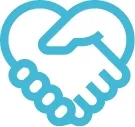
BDMG Solidário integrates Minas Gerais Government Action Plan
In order to minimize the effects of the rains in January 2022, BDMG made available an emergency credit program to support the normalization of income-generating and development activities for the population impacted by the rains in the state. The program is part of an action plan announced by the Government of Minas Gerais, called Recupera Minas, and includes lines of financing with reduced rates and accessible terms for City Halls (infrastructure and popular housing) and small businesses in cities facing emergency or calamity according to the Civil Defense of Minas Gerais. The budget totals BRL 366 million.
CLEAN ENERGY
AND CLIMATE CHANGE
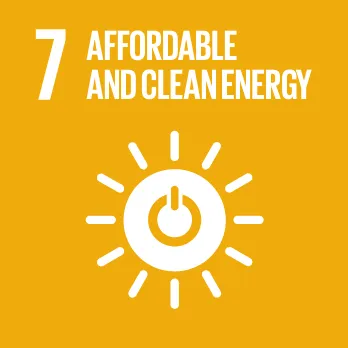

In 2021, the volume disbursed for clean energy projects was BRL 169 million,
52% higher than in 2020.
Projects in renewable energy were up to BRL 150.4 million, 54% higher than in 2020. They were financed mainly through the BDMG Sustainability BEI and FINAME lines, contributing to attaining the goals of SDGs 7 and 13.
About BRL 83 million were allocated to photovoltaic solar energy projects in 18 municipalities, 67% of which have an HDI below the Brazilian average. Out of this total, 44% went for the macro region of North Minas.
- Performance
- |
- Sustainability Report 2021
EIB Projects
The contract with the European Investment Bank (EIB), signed in 2019 to the sum of 100 million euros, is to foster projects to reduce climate change. By December 2021, 29 projects had been contracted, including 25 photovoltaic plants, 3 hydroelectric plants, and 1 project to expand the public lighting network. Among them, 16 projects were contracted in 2021, totaling investments of around BRL 207 million, of which BRL 150.3 million were financed by BDMG - with BRL 112 million disbursed in the year - and the rest is the sum of the quid pro quo from the companies.
Location of Clean Energy Project by Type – Projects approved in 2021
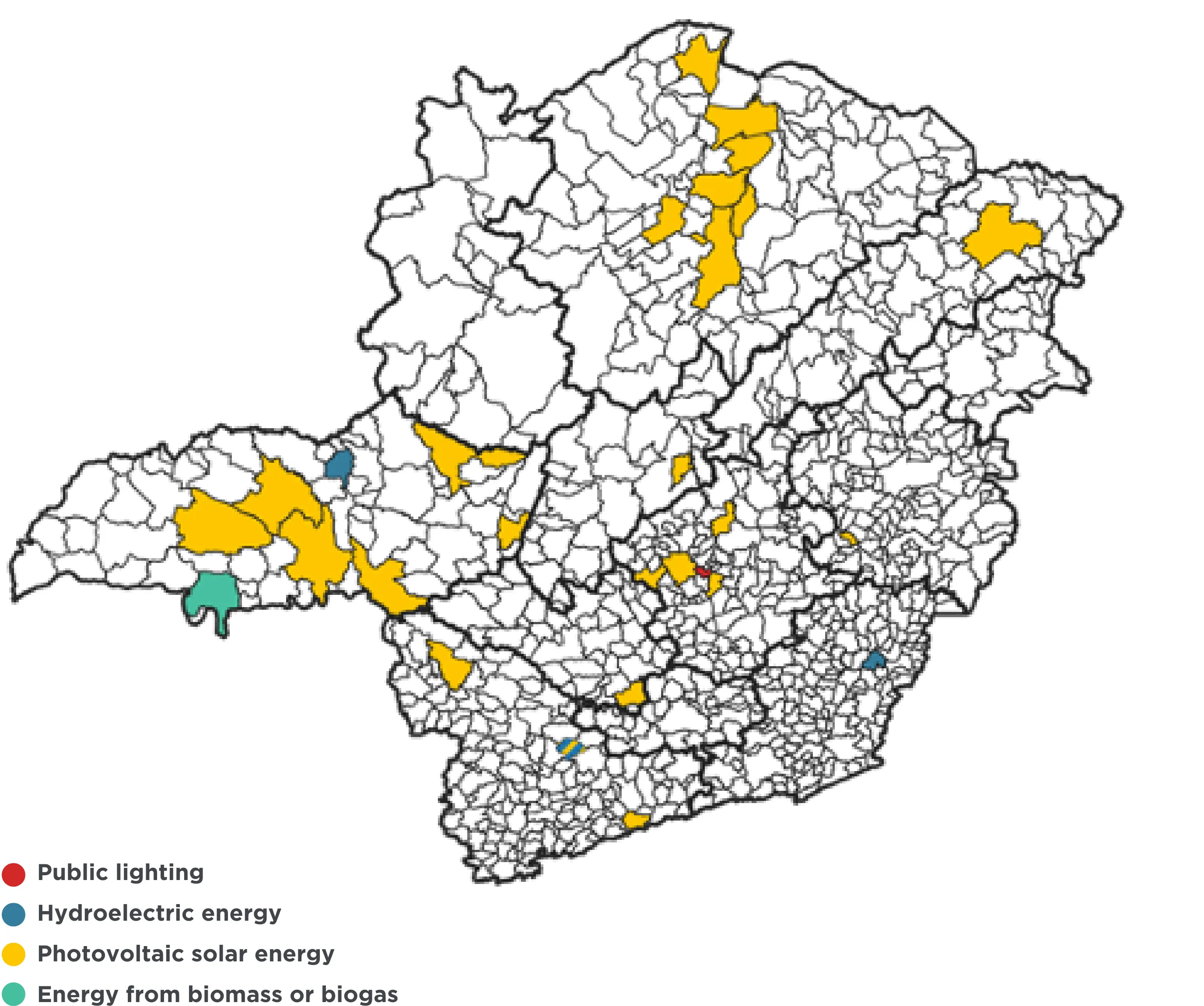
- Performance
- |
- Sustainability Report 2021
COP26
In the last United Nations Conference on Climate Change, COP26, BDMG signed an amendment to the contract with the European Investment Bank (EIB) to expand the existing credit line by 20 million euros. The additional funds will be used to compose the Bank's credit lines aimed at financing renewable energy and energy efficiency projects, in addition to providing capital for investment projects for micro, small and medium-sized companies.
Another relevant event held during COP26 was the formalization of BDMG's participation in the Green Bank Network, as the first development bank in the world to participate in the network, which brings together the main banks focused on green investments.
COP26
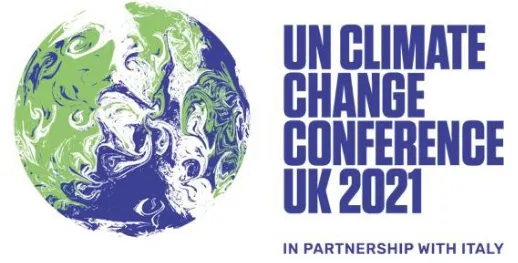
Within the scope of the Climate Policy Initative (CPI), BDMG was invited to participate in the Advisory Council, the Framework for Sustainable Finance Integrity, in addition to several forums coordinated by the CPI such as the Global Innovation Lab for Climate Finance.
- Performance
- |
- Sustainability Report 2021

Partnerships for Sustainable Management
In 2021, BDMG started the development of technical cooperation to improve the management of social, environmental and climate risks.
A partnership was established with a specialized consultancy, with resources from the UKPact, within the scope of the UK-Brazil Green Finance Program, a British Embassy initiative that leverages investments in sustainable infrastructure in Brazil. Action fronts were defined focused on training, benchmarking and structuring of financial instruments, such as Carbon Credits and Linked Bonds, and on Gender Equality, in order to develop a tool for evaluating credit operations in relevant sectors for BDMG in relation to transitional climate risks and physical risks.
Technical cooperation was also started with the Inter-American Development Bank (IDB) and includes BDMG's participation in a pilot project to test a tool for assessing physical climate risks in the Bank's portfolio.
Another partnership is technical cooperation with the French Development Agency (AFD), which includes six fronts: expansion of the SDGs portfolio, continuous improvement of socio-environmental management, implementation of a climate and gender strategy, support to municipalities and project audits for SMEs and infrastructure.
In August, the Office of Office of Evaluation and Oversight (OVE) - an independent office for evaluating and monitoring the practices of the IDB Group projects - launched the Evaluation Training Network (ReDeCa),
with a view to create a forum for the exchange of experiences and continuous improvement. BDMG is part of this network. ReDeCa will contribute to the strengthening of the evaluation culture and capacity building in the participating institutions, providing training to its professionals.

New Sustainability Products
BDMG has been involved in the launch of financial products aimed at sustainable projects, such as BDMG Eficiência Energética – MPE l and MPE ll; and BDMG Fotovoltaico, a credit line aimed at photovoltaic solar energy projects for self-consumption, also launched on the Bank's digital platform. These lines have financing terms of up to 72 months, with a grace period of up to 6 months.
- Performance
- |
- Sustainability Report 2021
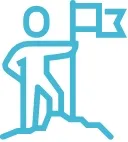
Gold Seal for the Brazilian GHG Protocol Program (PBGHG)
For the sixth consecutive year, BDMG won the gold seal for the Brazilian GHG Protocol Program (PBGHG), the main methodology used in the world to measure greenhouse gas (GHG) emissions. The initiative was created by the World Resources Institute (WRI), of the United States, which certifies the main international organizations.
According to the inventory carried out in 2021 (with data from 2020), GHG emissions from some of the sources belonging to or controlled by BDMG,

Selo Ouro do Programa Brasileiro GHG Protocol (PBGHG)
such as fugitive emissions from air conditioners, fell by 69% in six years, from 70.8 tCO2e to 21.7 tCO2e. Indirect emissions from energy consumption also showed a significant reduction.
Although the recent results have been a reflection of the drop in on-site activities at BDMG, due to the need for social isolation during the pandemic, there has been a continuous process of reducing emissions over the years by BDMG.
- Performance
- |
- Sustainability Report 2021
BUSINESS SECTOR
Micro and Small Enterprises
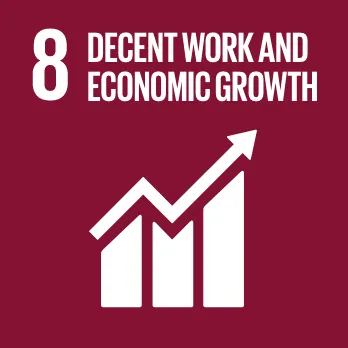
Micro and Small Enterprises (MSEs) play a fundamental role in the economy and are responsible for a large part of the jobs. BDMG analyses and grants credit to micro and small entrepreneurs through the BDMG Digital online platform, providing agility and simplicity to the process. It also has an expressive network of accredited banking correspondents, spreading face-to-face services to companies of this size.
The total volume of disbursements for micro and small enterprises reached BRL 311.9 million.
Of this amount, 99% came via BDMG Digital. 4,540 customers received funding released by the platform, 60% by banking correspondents and 40% via direct access to the digital platform.
With regard to supply, the highlight this year was BDMG Pronampe, responsible for the disbursement of BRL 197 million, which is 63% of the total released for SMEs. In addition to the attractive rate and special limit and guarantee conditions, the product had important differentials for the tourism sector and for companies led by women, reinforcing BDMG's role as a countercyclical agent.
BDMG Fotovoltaico was also launched in 2021, a line of credit for photovoltaic projects, mainly focused on self-consumption. The line has financing terms of up to 72 months, with a grace period of up to 6 months, and can be accessed both through accredited banking correspondents and through partner integrators.
- Performance
- |
- Sustainability Report 2021

Network of Banking Correspondents
Throughout 2021, a large part of BDMG's Banking Correspondent network updated its contract with BDMG through the new accreditation public notices launched in April. The new public notices, aimed at the different profiles of correspondents, was innovative in terms of the format of remuneration and bonuses, and also important advances linked to the control and compliance of the network's operations.
Actions to attract new correspondents were also frequent, expanding
and diversifying the indirect channel of access to BDMG credit, which closed 2021 with 421 accredited banking correspondents.
In the third quarter, the accreditation of Sebrae as a BDMG banking correspondent was concluded - the first partner to be accredited through the new public notice, aimed at private legal entities incorporated as an autonomous social service.
BDMG also invested in the training of banking correspondents, implementing a distance learning platform to carry out and monitor training and certification of its network.
At the end of the year, a new modality of banking correspondents was launched, called Parceiro Simples. It is intended for companies with significant relationships with micro and small businesses, but without a structure for the operational activity of collecting documents and registration information from companies. In this accreditation model, the correspondent acts in the first stage of the process, disclosing BDMG's activities, attracting clients and submitting financing proposals. The customer, in turn, continues filling in the registration data and follows the journey directly through the digital platform.
- Performance
- |
- Sustainability Report 2021
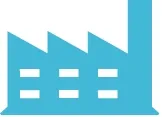
Medium and Large Companies
BDMG believes that innovative technologies and competitive industrial parks contribute to diversifying the state's economic matrix in a sustainable way, generating employment and income. Therefore, larger companies are included which can interconnect productive chains relevant to the development of the state.
In 2021, BDMG served 198 medium and large companies, 153 of which were medium-sized7, for which BRL 586.6 million were disbursed, while for large companies, the amount was BRL 933.6 million.

Médias e Grandes Empresas
A highlight was agribusiness, which accounted for 62% of the amount disbursed, equivalent to BRL 947.5 million. In general, the main activities supported were: trade and wholesale of coffee beans; retail trade of merchandise in general, with a predominance of food products - hyper and supermarkets; poultry farming; dairy manufacturing; and road freight transport.
The medium and large companies contemplated in 2021 are located in 112 municipalities, and 59% of them have an HDI below the Brazilian average.
7 Medium-sized companies are those with annual revenues between BRL 4.8 million and BRL 300 million. Above BRL 300 million, they are classified as large.
- Performance
- |
- Sustainability Report 2021
GENDER EQUALITY
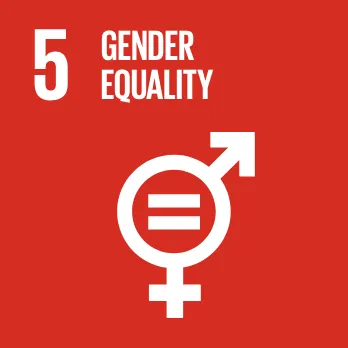
With the objective of supporting the MSE controlled by women and encouraging female entrepreneurship, BDMG made available the lines of financing Empreendedoras de Minas, Giro Já Empreendedoras and Pronampe Mulheres. A total of BRL 72.9 million was disbursed in 2021, serving 1,448 companies with this profile.
In 2021, financing for women entrepreneurs represented 32% of the total number of clients served via BDMG Digital.

BDMG Engagement
Other actions that must be highlighted on the topic: participation in the Paris Development Banks Statement on Gender Equality and Women’s Empowerment, since november 2020, adherence to the Women Empowerment Principles (WEP), in October 2021.
The first initiative is a network of 29 development banks from around the world that come together to debate gender equality policies. Coordinated by the French Development Agency (AFD) and UN Women, in November, during the Rome Finance in Common, the Public Development Banks Driving Gender Equality report was launched, reporting on BDMG's best practices.
- Performance
- |
- Sustainability Report 2021
BDMG was the first development bank in Brazil to be a signatory of the WEP. This inserts BDMG in the ecosystem of companies committed to the diversity of the workforce and contributes to the improvement of the strategy in supporting women entrepreneurs through credit lines and other complementary actions.
INNOVATION


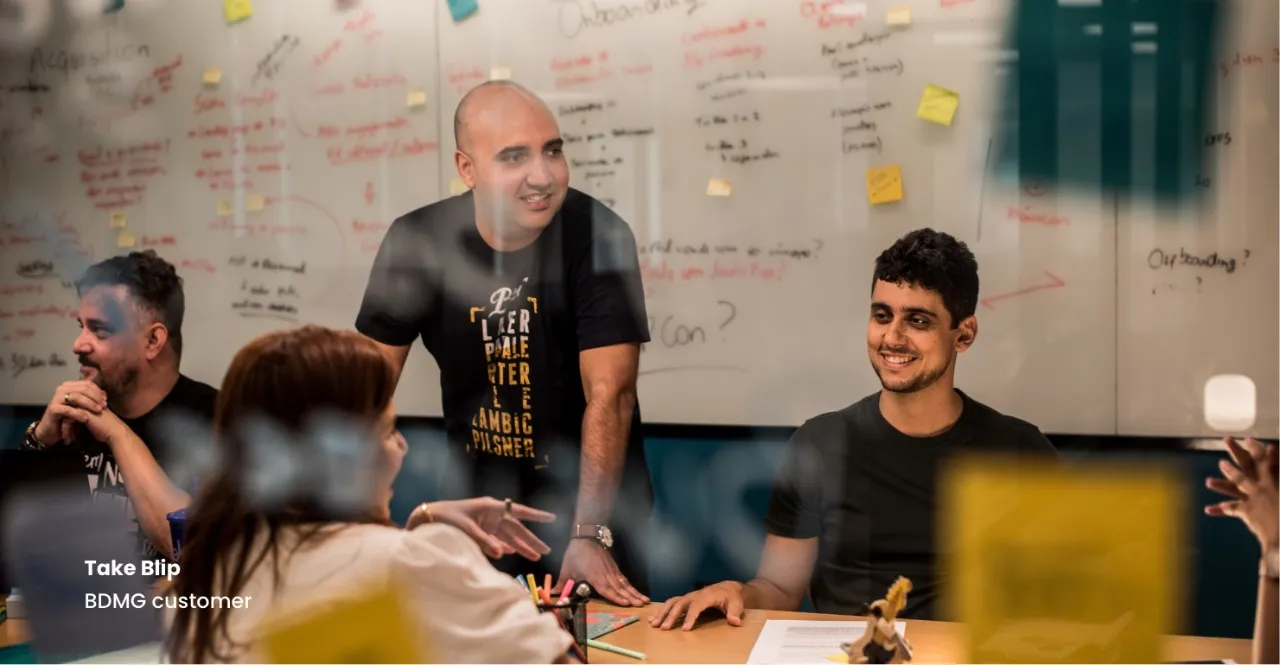
In order to increase efficiency in serving innovation projects, in 2021 BDMG worked through two public notices.
The first served companies with revenues of up to BRL 16 million for projects of up to BRL 1 million and the second included companies with revenues from BRL 4.8 million to BRL 16 million for projects of up to BRL 3 million.
Through the first, 32 companies were accredited with projects totaling BRL 19.7 million and, through the second, 7 companies were accredited with projects totaling BRL 14.8 million. Of the companies served, 6 new projects were contracted in the total amount of BRL 3.5 million.
Even facing the challenges brought about by the pandemic, BDMG disbursed BRL 17.1 million and contracted BRL 18 million in 14 new projects in the innovation segment in 2021.
- Performance
- |
- Sustainability Report 2021

Investments in Equity Investment Funds
Besides encouraging innovation through financing, BDMG also operates with investment instruments to support innovative companies with high growth potential. In 2021, BRL 5.7 million was paid in nine Equity Investment Funds and one Venture Debt Fund. Together, these funds have already invested BRL 104.7 million in 37 companies in Minas Gerais.
BDMG has equity interests in two companies, holding 6.5% of the shares of Unitec Semicondutores SA, a semiconductor industry located in Ribeirão das Neves, Minas Gerais, of which it has been a shareholder since 2012; and 5.97% of Biomm SA, a biopharmaceutical industry located in Nova Lima, Minas Gerais, of which BDMG has been a shareholder since 2013.

Innovation Partnerships
Throughout 2021, BDMG established several innovation partnerships. The end of March saw the enrollment and selection steps of the startups registered in the Minas Gerais Government's acceleration program, Seed MG, in which BDMG is participating, in partnership with the Minas Gerais State Economic Development Office (SEDE).
Another project that sought to discuss the innovative impact of BDMG's financing was the partnership with the Skema Business School, through which undergraduate students carried out an impact assessment of BDMG's innovation portfolio seeking strengths, weaknesses and potential solutions. BDMG also renewed the partnership with EMBRAPII and FAPEMIG,

Parcerias de Inovação
contributing with reimbursable funding to EMBRAPII Units and Hubs.
Together with the State Department of Planning and Management and the State Ombudsman's Office, BDMG was one of the organizers of the 6th edition of the Inova Minas Gerais Award. The objective is to encourage best practices and innovative ideas that contribute to government management. There are two modalities: “Successful Initiatives Implemented” and “Implementable Innovative Ideas”. Public servants, civil servants, interns and scholarship holders who work in the Executive branch of the State of Minas Gerais participated in the contest.
- Performance
- |
- Sustainability Report 2021

TOURISM
In order to serve this sector, one of the most affected by the effects of the pandemic, BDMG has been working with the Ministry of Tourism in the operation of the General Tourism Fund (Fungetur) since 2018, transferring funds aimed at improving tourist infrastructure.
In 2021, 273 companies in this sector received funding, to a total of BRL 16.1 million. During the entire period of the pandemic, the Fungetur program disbursed BRL 83.7 million to 1,057 companies.

Impacts
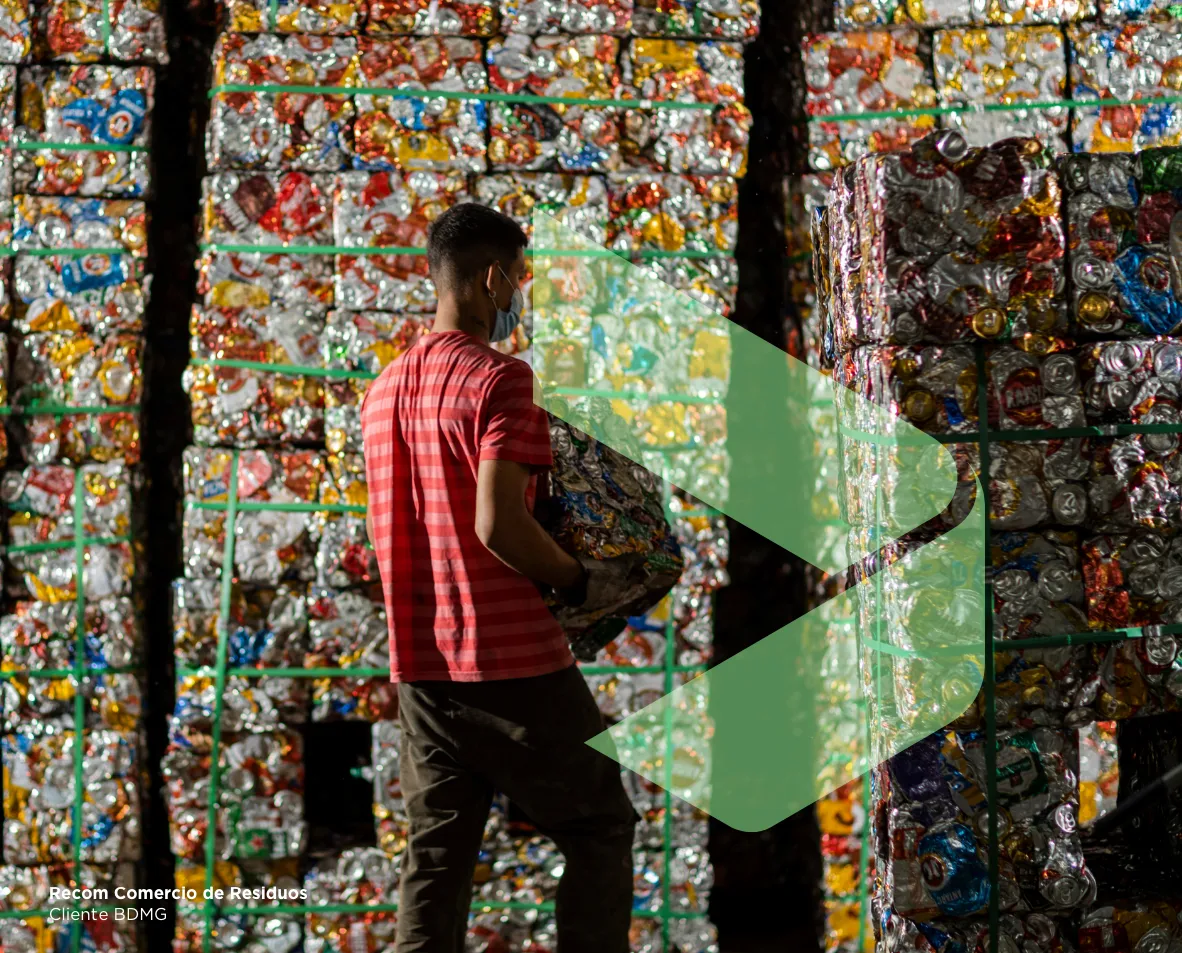
- Impacts
- |
- Sustainability Report 2021
As a result of a partnership with the Interamerican Development Bank (IDB) in 2019, BDMG designed its Framework SDGs based on the Green Bond Principles 2019, the Social Bond Principles 2019and the Sustainability Bond Guidelines 20188. After it was designed, a system was implemented with eligibility criteria for “Environmental” or “Social” projects, and a series of impact indicators that contribute to the United Nations 2030 SDGs Agenda were defined.
Of the 17 existing SDGs, 13 were identified related to projects supported by BDMG, whether for the public or private sectors. Out of the 169 goals, 28 were identified.
The Framework was duly certified by a renowned specialized company, through the issuance of the Second-Party Opinion (SPO)9 With the publication of the Framework, BDMG became the first Brazilian public bank to issue Sustainable Bonds.
8 https://www.icmagroup.org/green-social-and-sustainability-bonds/green-bond-principles-gbp/;
9 Framework BDMG e a Second-Party Opinion: acesse https://www.bdmg.mg.gov.br/titulos-sustentaveis/
- Impacts
- |
- Sustainability Report 2021
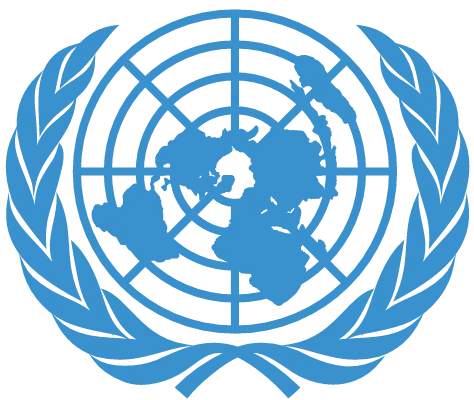
Based on the Framework, BDMG financing started to be classified as “Social” or “Environmental”, according to the nature of the projects and their respective impacts.
“Social” projects are those that generate benefits related to employment generation, gender equality, inclusive and sustainable urbanization and economic recovery after disasters. In 2021, they were 25.9% of BDMG's total disbursement, with an emphasis on the Health sector (BRL 196.4 million) and for Economic Recovery after Disasters (BRL 151.7 million), reflecting the funding intended for companies affected in some way by the pandemic. Resources allocated to urbanization projects for the well-being of society amounted to BRL 58.7 million.
With regard to gender inclusion and in line with SDG 5 (Gender Equality), it is estimated that the BRL 72.9 million disbursed in 2021 contributed to the maintenance of more than 6,468 jobs. Women-led companies accounted for 32% of the total number of customers served via BDMG Digital.
As for funding for the health sector, in line with SDG 3, four hospitals were financed, in addition to a project for investments in 40 basic health units and equipment in the health sector. This directly benefitted over 455,000 people, including more than 52,000 patients and more than 9,900 workers, in addition to enabling the manufacturing of 8,000 items including medicine and other hospital, pharmaceutical and clinical products and equipment.
- Impacts
- |
- Sustainability Report 2021
FINANCIAL INCLUSION
AND GENDER
22.188 jobs
supported by the BDMG Digital line in 408 municipalities
GENDER INCLUSION
6.368 jobs
(29% of the employees supported through BDMG Digital)
1.448 women entrepreneurs serviced
(32% of the customers of
BDMG Digital).
- Impacts
- |
- Sustainability Report 2021
HEALTHCARE
4 hospitals
as well as funds for
40 basic health units
52.394 patients
benefitted
9.938 health
workers involved
455.446 people
directly benefitted
About 8.000
items manufactured
(products and hospital, pharmaceutical and clinical equipment)
- Impacts
- |
- Sustainability Report 2021

The “Environmental” Projects include: Renewable energy and energy efficiency; Sanitation; Clean transport; Pollution prevention and control, sustainable agriculture and sustainable management of natural resources. The total disbursement for such projects was BRL 186.9 million, focusing on the Renewable Energy sector (BRL 150.4 million), energy efficiency (BRL 18.7 million) and sanitation (BRL 15 million).

Renewable energy projects are committed to the generation of clean energy and in line with the precepts of funding for the improvement of global climate conditions. The impacts caused by photovoltaic generation are relatively lower compared to fossil sources, in addition to the contribution to the reduction of greenhouse gas emissions.

The impacts of the resources used in these projects are estimated at 7,665 tCO2/year of avoided GHG emissions. This is equivalent to the consumption of 643 round trips between Rio de Janeiro and São Paulo. The clean energy generated is 102 GWh/year, considering all projects contracted until December 2021. This includes 16 Photovoltaic Plants (UFVs) and two Hydroelectric Generating Plants (CGHs) and is equivalent to the annual electricity consumption of 34,840 households with four people, focusing on SDG 13 – Action against global climate change.
- Impacts
- |
- Sustainability Report 2021
CLEAN ENERGY
RENEWABLE ENERGY EIB Sustainability and others
102 GWh/year of energy from contracted projects until December – 16 UFVs and 2 CGHS – equivalent to the annual electricity consumption
Energia limpa
ACTION FOR THE CLIMATE
7,665 tCo2e/year of avoided GEE emissions - equivalent to the consumption of 643 round trips between Rio de Janeiro and São Paulo
- Impacts
- |
- Sustainability Report 2021
Input-Output
Matrix
To assess the impacts of BDMG's total disbursement on the Minas Gerais economy, it uses the Input-Output Matrix methodology, prepared by the João Pinheiro Foundation (FJP), which allows for the identification of the amount of inputs from different fields of activity necessary for the production of any product. From there, it is possible to identify the key sectors of the economy, and to carry out studies to evaluate the impact of public policies on employment, income, state revenue, etc.
According to this methodology, these investments provided an increase of:

BRL 1.469 million
to Minas Gerais State production
BRL 745 million
in added value
Stimulus of
21,973 jobs and total
remuneration of BRL 329 million
Increase of
BRL 55,270 million
in ICMS in taxes collected
Human
Development
Index – HDI
Regarding the regional distribution of the disbursed volume, BRL 1,223 million (64%) were allocated to the Central, Sul de Minas and Triângulo Mineiro macro-regions. The North and Jequitinhonha regions received disbursements of BRL 113 million (6%). Other macro-regions received BRL 593 million of the total volume (30%).
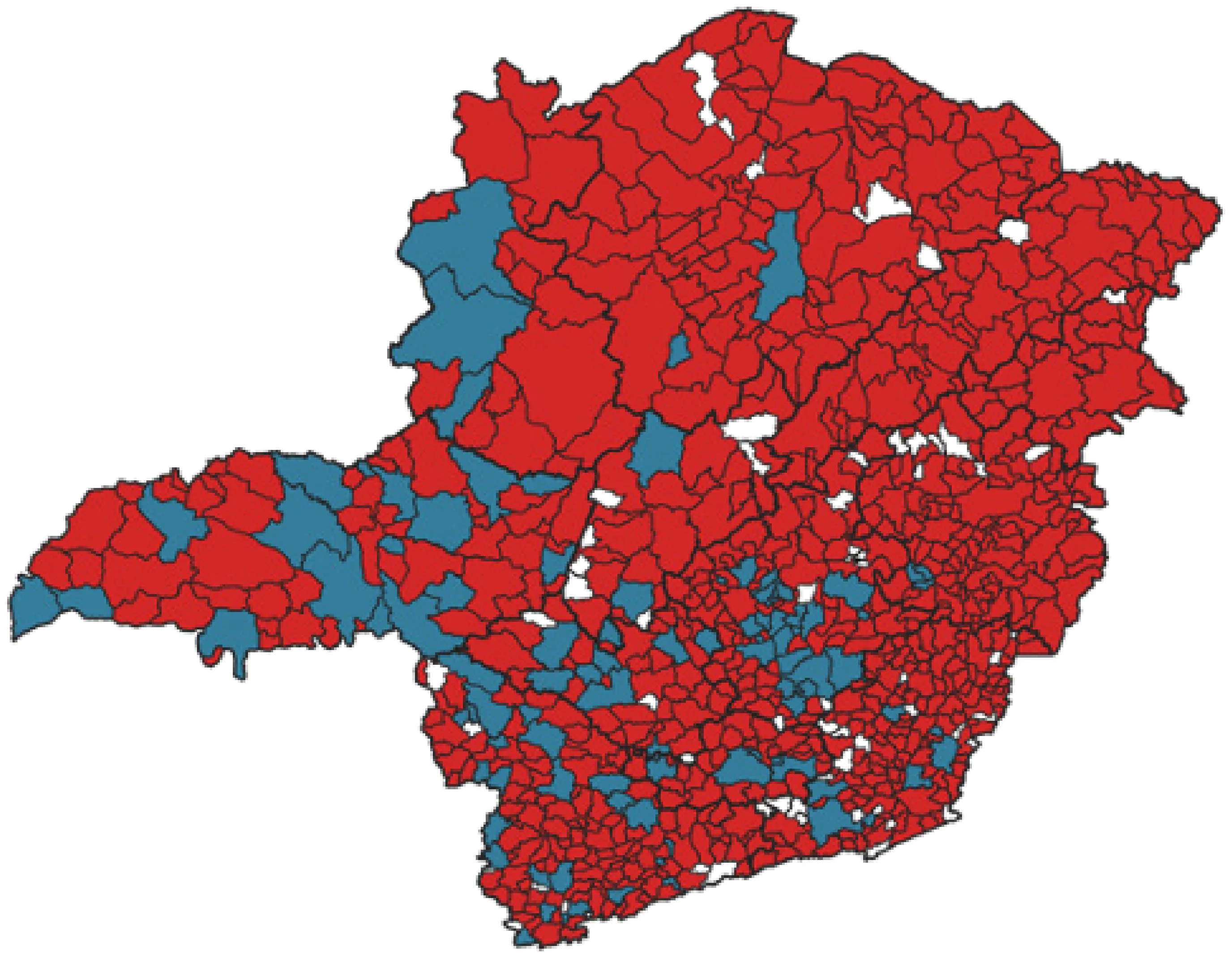

- Impacts
- |
- Sustainability Report 2021
IMPACT
SCORE
The Impact Score, developed by BDMG's internal team in 2021, consists of assigning a score to the projects under analysis, resulting from the combination of 11 different impact variables, classified in 5 axes: social, environmental, economic, good practices and effectiveness, and purpose of the project. The higher the score, the greater the additionality of the operation.
This tool enables the inclusion of the measurement of the impact of projects in the credit granting decision phase, enriching the information on risk, return and liquidity. It will also assist in developing sustainable financial products preparing the Bank's strategy.
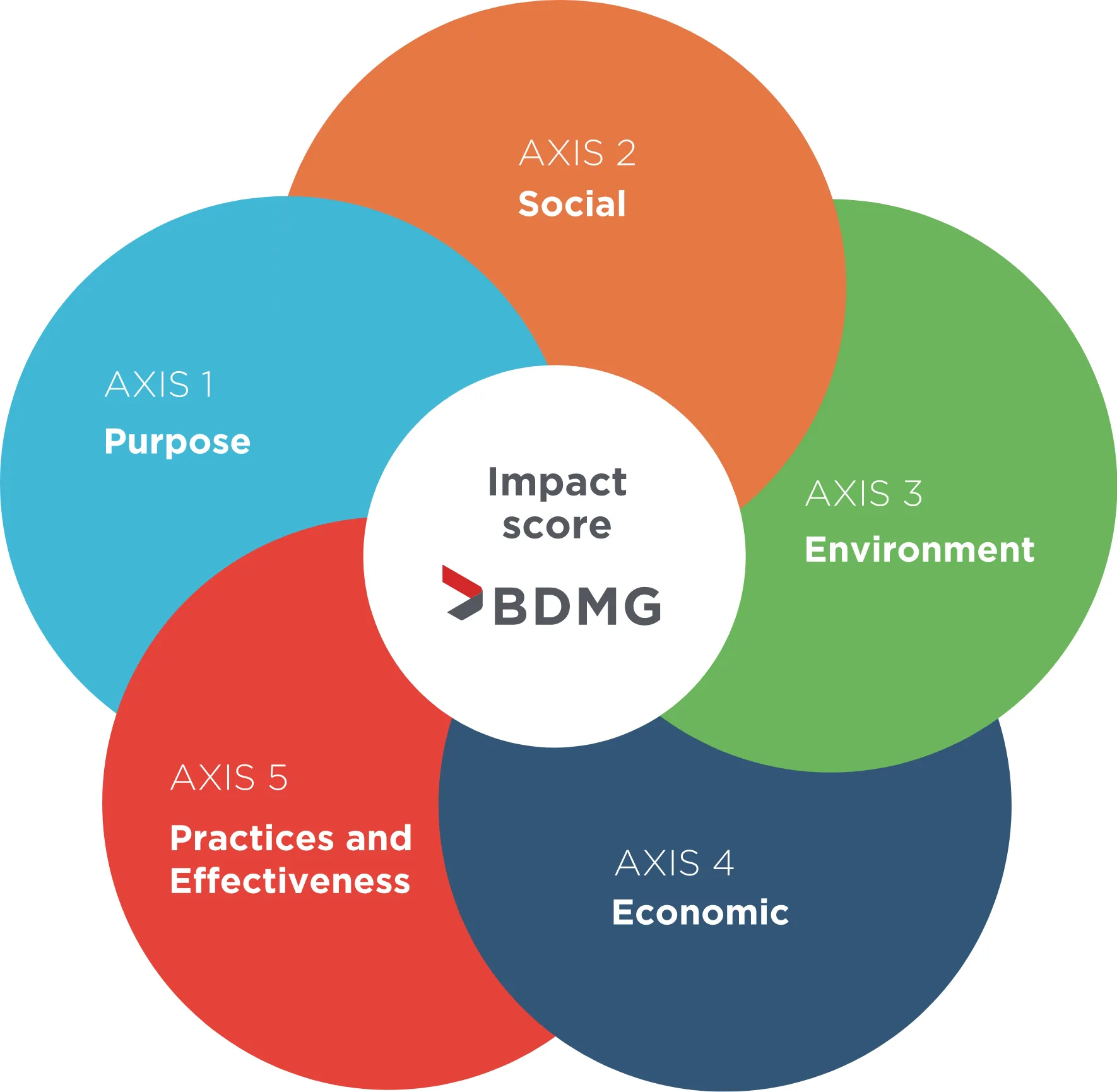

Institutional
Operation

- Institutional Operation
- |
- Sustainability Report 2021

In 2021, New partnerships were established with entities related to BDMG's purpose, as well as new adhesions to initiatives aligned with the SDGs. An example is the adhesion, together with the Government of Minas Gerais, to the Race to Zero global campaign to achieve zero emissions of greenhouse gases by 2050. The State of Minas Gerais was the first state in Latin America and the Caribbean to join the campaign, formalized in June by the United Kingdom's ambassador in Brazil.

A signatory of the Global Compact since March 2020, BDMG was invited to occupy a seat on the Advisory Board of Rede Brasil (CORB), the representative body of the Global Compact in Brazil as the first Brazilian development bank to hold such a position.
BDMG signed a technical cooperation agreement with the Regional Development Bank of the Far South (BRDE) that will allow the exchange of experiences, knowledge and the exchange of employees, another step that signals BDMG’s interest in strengthening its ties with other subnational organizations linked to development.

Focused on aligning new infrastructure projects with the ESG (environmental, social and governance) agenda, at the end of August, BDMG signed the Green Investment Strategy for Regional Development, an agreement promoted by the Ministry of Regional Development that includes private and public agents, at the local and federal levels.
Within the scope of the Alliance of Subnational Development Banks of Latin America and the Caribbean, which includes BDMG, the 2nd Steering Committee meeting and the workshop on the role of subnational development banks in financing for urban and territorial post-COVID recovery were held in September.
- Institutional Operation
- |
- Sustainability Report 2021

BDMG as a
knowledge
platform
and agent

BDMG has also been working to strengthen its range of partnerships by participating in debates and presentations at different events. At the same time, BDMG has managed to share knowledge and experiences and to define its positions in relevant matters.
Believing in the exchange of knowledge with academia, in 2021 a technical cooperation agreement

was signed with the David Rockefeller Center for Latin American StudiesDavid Rockefeller Center for Latin American Studies (DRCLAS), linked to Harvard University, which allowed the beginning of an unprecedented exchange program. Through the partnership, a university student participated in a supervised internship at BDMG. The Skema Business School, a French higher education and research entity which has a unit in Belo Horizonte, also became a partner of BDMG.
- Institutional Operation
- |
- Sustainability Report 2021
Minas Gerais
Economy Award
Created in 1988 in partnership with the Regional Council of Economics-MG (Corecon-MG), the Minas Economy Award is a reference in the area, rewarding the best papers of students concluding the Economics course. With 28 papers submitted, the title of first place in this 33rd edition was: “The Water-Energy-Emissions Nexus in the Electricity Matrix of Minas Gerais: Economic and Environmental Impacts”. For the second time, the entire award process was completely online.


Social
Responsibility

- Social Responsibility
- |
- Sustainability Report 2021

BDMG
CULTURAL
In 2021, BDMG Cultural continued to carry out a series of actions to promote, recognize and disseminate different artistic languages, contributing to the dynamism of Minas Gerais production in the field of culture, even in the face of the restrictions caused by the pandemic.
Since March 2020, the initiatives have become mostly virtual, with actions designed to mitigate the effects of the pandemic on the cultural sector of the State. The main initiatives carried out by BDMG Cultural during 2021 were:
- Social Responsibility
- |
- Sustainability Report 2021
• 20th BDMG Instrumental Award - awards, closing show and series of 4 shows at CCBB-BH;
• Marco Antônio Araújo Award - instrumental, authorial and independent music;
• Flávio Henrique Award - CD of Brazilian songs and independent production;
• Young Instrumentalist - selection of ten students and ten teachers for individual lessons. Opening class with musician Hamilton de Holanda;
• BDMG Cultural Exhibition Cycle - 6 physical and virtual exhibitions at the BDMG Cultural Art Gallery and websites of the Exhibitions; launch of catalogs (physical and virtual);
• Cultural Support and Partnerships for 2021 - sponsorship program - 18 projects selected;
• New 2021 cycle (third cycle) of the Educational Program - 2 workshops, 12 episodes of the podcast “É Cultura?” (four seasons) and two public masterclasses;
• Relaunch of the Educational Program page, with improved navigability and availability of all content launched since March 2020, with texts, podcasts and workshops;
• 8 new vídeos of BDMG Choir launched on Youtube – Coral em Casa (Choir at Home) Project;
- Social Responsibility
- |
- Sustainability Report 2021
• Urbe Urge Program (manifest and public notice) - for architects, urban planners and designers. 10 live public online programs, with invited speakers, and five virtual tutoring meetings, between selected speakers and participants;
• LAB Cultural Program (public notice to encourage artistic research) – 20 selected, 31 tutoring meetings, workshop and two masterclasses;
• Seres-Rios Festival - opening show with Mônica Salmaso, seven dialogues, four live online programs, film show with 24 screenings, cartography, exhibition with six guest artists, four activities for at children (workshops, podcast and theater);
• 6th BDMG Cultural / FCS Incentive to Low-Budget Short Film Award - cinema show (course, debates and exhibition of award-winning films) and 7th edition of the Award (public notice);
• BDMG Cultural Trail Project (public notice) - presentations by ten different performing arts groups, workshops and debates in the selected cities;
• BDMG Cultural Magazine nº 4 on the website;
• Creation of the BDMG Cultural channel on LinkedIn and publication of articles and news on the website/blog.

- Social Responsibility
- |
- Sustainability Report 2021

INSTITUTO DE
CIDADANIA OF
BDMG EMPLOYEES
– INDEC
Inspired by the National Campaign to Combat Hunger, by sociologist Herbert de Souza, Betinho, in 1993, the BDMG Employees Association – AFBDMG created the Nucleus to Combat Hunger and Poverty which, in 1998, gave rise to the Instituto de Cidadania of BDMG Employees – INDEC. In addition to donations from bank employees, INDEC has financial support from AFBDMG and support from BDMG.
INDEC supports, technically and financially, populations that are economically and socially vulnerable in Minas Gerais, with projects in education, sport, culture, professionalization, health and social assistance. Seeking to contribute to mitigating food insecurity caused by the pandemic, in 2021 several actions were carried out for vulnerable families. At the beginning of the year,
INDEC launched the "INDEC against Hunger" campaign, which supported 330 families with the donation of basic food parcels. The campaign started with the support of CUFA - Central Única das Favelas, through the Mães da Favela project, which distributes social vouchers to single mothers in favelas in Minas Gerais. Another 12 institutions were reached with donations from this campaign.
In the second half of the year, the Institute supported projects, including: Community Day Care Dirce Maria das Dores, in Rio Manso (MG), with literacy assistance for 20 children; “Pre-Enem Morro do Papagaio” project, supporting 30 students; Andorinha and Corrente do Bem Project, with the donation of sleeping bags for 100 people; “Future of the Community” project,
- Social Responsibility
- |
- Sustainability Report 2021
providing soccer lessons to 70 children; Núcleo Nave Institution, with 121 children in after-school activities; and the “Sementes do Amanhã” Project, in Ibirité, with psychological and educational support for 24 needy children.
The Christmas campaign helped the 84 children of the Projeto Transformação Sport Clube, in Morro do Papagaio, and also made donations of basic food parcels to the children's families.
In all, 26 institutions and social projects were supported throughout the year, directly benefiting approximately 7,000 people in the municipalities of Belo Horizonte, Contagem, Ibirité, Betim, Sabará, Rio Manso, São João da Ponte, Conselheiro Lafaiete and Sete Lagoas.
- Social Responsibility
- |
- Sustainability Report 2021

DONATIONS FOR FIA AND FDI
In order to support projects that transform the lives of thousands of people, in December 2021 BDMG donated over BRL 1.1 million to institutions that carry out social actions in the State. The donations were made through the deduction of amounts from Income Tax and benefited 11 Minas Gerais institutions, which have projects registered under the tax incentive laws.
In 2021, more than 50 institutions registered to receive the resources made available by BDMG. The selection of the benefited projects was carried out with the participation of the BDMG’s Board of Directors and INDEC representatives, with the assistance of the BDMG Employee Association (AFBDMG).
Priority was given to initiatives that promote and protect socially vulnerable people. To receive the funds, the entities must promote initiatives that include the Social Funds for Children and Adolescents (FIA) and the Rights of the Elderly (FDI), sports projects, as well as the activities of the National Program to Support Health Care for People with Disabilities (PRONAS/PCD).

Source of
Funds
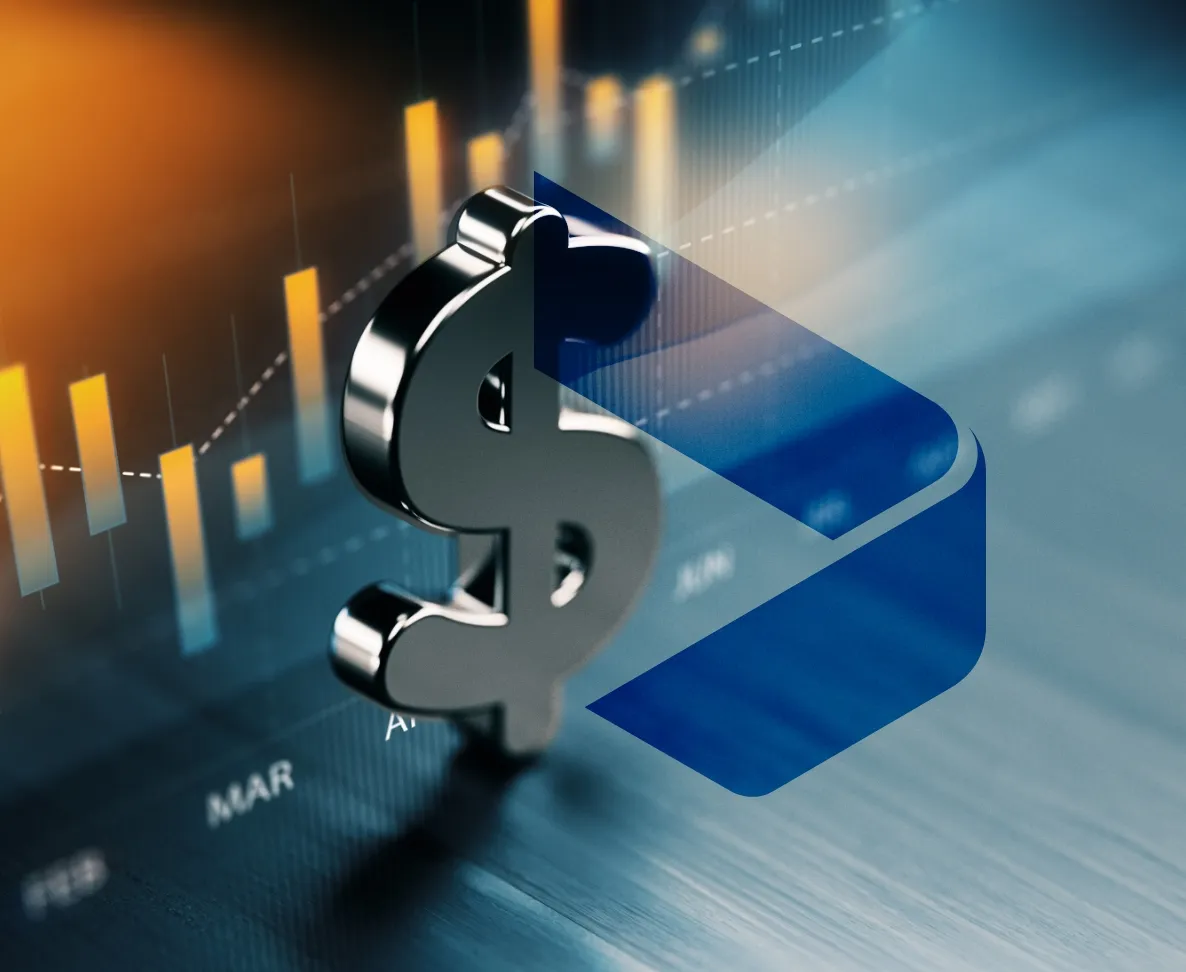
- Souce Of Funds
- |
- Sustainability Report 2021

In 2021, BDMG continued its strategy of diversifying sources of funds, seeking new funding as well as using and expanding others already contracted, to support its countercyclical action and development of the State.
In February 2021, BDMG received the first tranche of funds, 17.5 million euros, from the French Development Agency (AFD), referring to the contract signed in 2020, the second contract with this partner. Part of the funds were used to reimburse financing made in 2020, related to minimizing the socioeconomic effects of the pandemic. Another part was used to finance projects aligned with the SDGs. In November 2021, after negotiations, BDMG signed an amendment to the contract with the EIB, to expand the credit line by 20 million euros. As a result, the total line rose to 120 million euros. The amendment was signed as part of the parallel programming of COP26. The additional funds will be used to make up BDMG's lines of credit for financing renewable
energy and energy efficiency projects in the state of Minas Gerais, in addition to providing capital for investment projects for micro, small and medium-sized enterprises.
Also in November, BDMG signed an unprecedented partnership with Sudene to be the financial agent of the Northeast Development Fund (FDNE). With this, BDMG becomes the first state financial institution able to operate with the fund that is currently operated by Banco do Brasil and Banco do Nordeste.
In December 2021, BDMG set up a line with the European Union (EU), through a contract with the French Development Agency for the donation of 3 million euros of blended finance. This will be used with other FDA resources, to lower fees on financial products and support sustainable development in Minas Gerais. With this operation, BDMG became the first bank in Brazil to
- Souce Of Funds
- |
- Sustainability Report 2021
have blended finance with the support of the European Union.
At the end of 2021, BDMG also signed an amendment to the credit agreement with FONPLATA, under negotiation since the middle of the year, for the expansion of the line and the disbursement of 6 million dollars, with better financial conditions than the original line. The destination of the resources will be to reimburse transfers made by BDMG to the municipalities of Minas Gerais, within its current programs.
Funds were also obtained in the home market through the issuance of Letters of Credit for Agribusiness (LCA) and Bank Deposit Certificates (CDB). Together, LCA and CDB raised over BRL 280 million in 2021, 80% from investors in other Brazilian states.
FUNDS
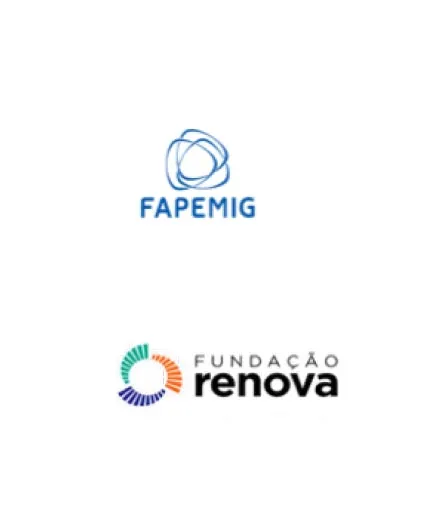
TRANSFERS
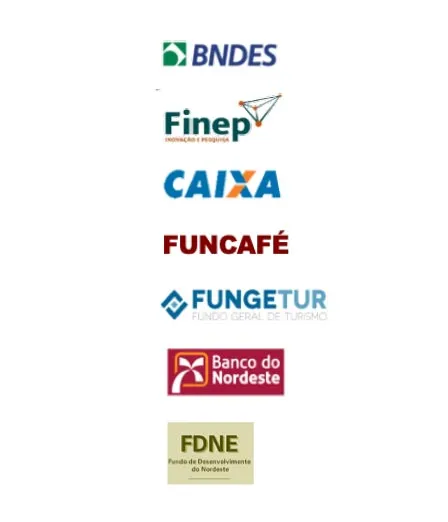
RAISED FUNDS
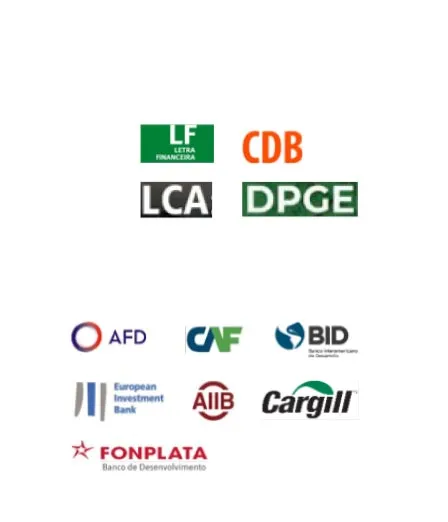
- Souce Of Funds
- |
- Sustainability Report 2021
BDMG Sustainable
Bond
BDMG has a page at the Green Bond Transparency Platform (GBTP) site, an innovative digital tool created by the IDB, which promotes the harmonization and standardization of the reporting of green and sustainable bonds in Latin America and the Caribbean

Rating
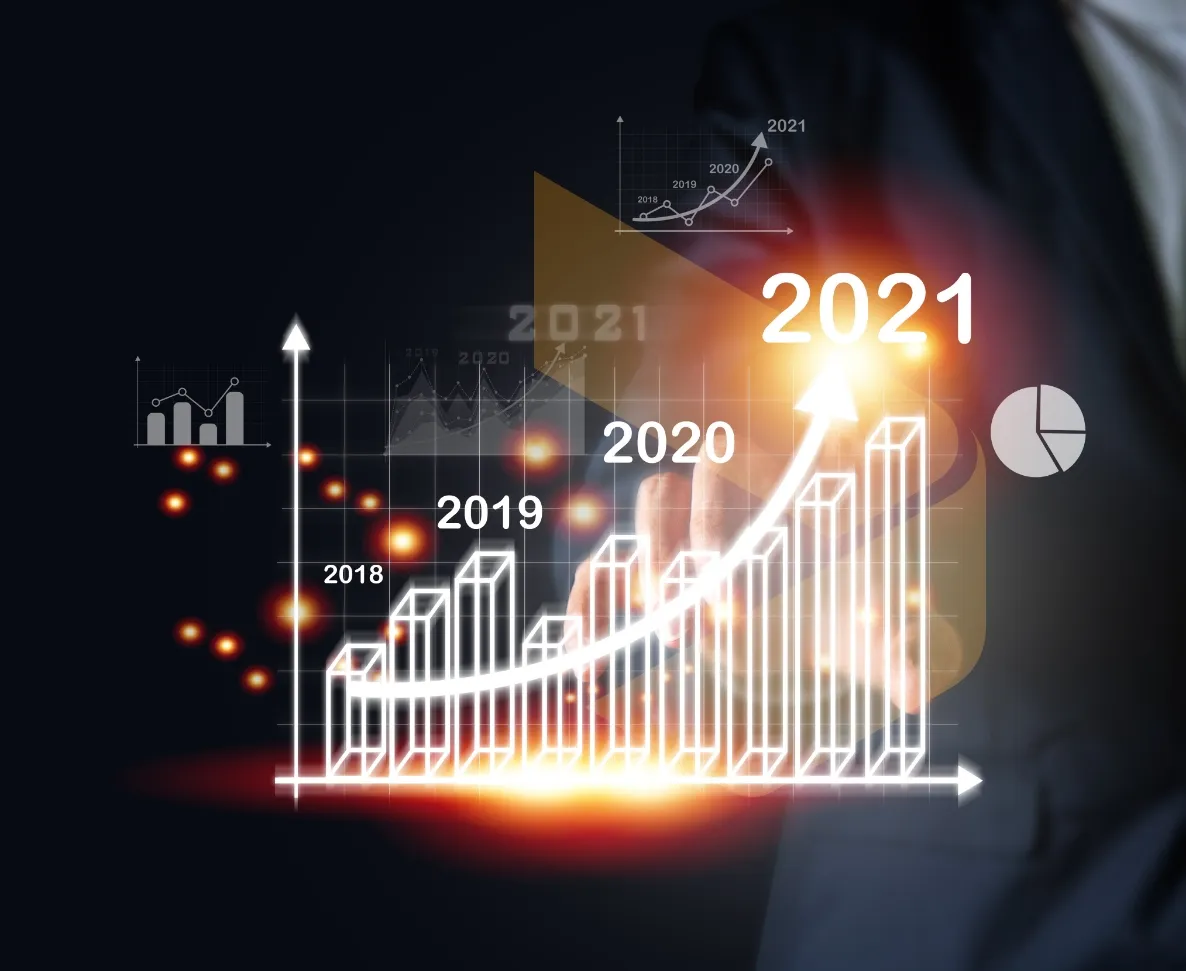
- Rating
- |
- Sustainability Report 2021
In June 2021, risk rating agency Moody’s América Latina (Moody’s Local) rated BDMG as BBB.br, with a stable outlook. According to the agency, this rating reflects the bank's social mandate to support development in Minas Gerais through long-term financing for local companies, which results in modest profitability ratios and concentration of loans by geography and by borrower. At the same time, the ratings are supported by BDMG’s strong capital adequacy, which is important to address potential weakening in asset quality and profitability pressures stemming from a historically large volume of loan renegotiations and extensions. This rating also considers BDMG's successful efforts to diversify its funding structure, accessing long-term funds from multilateral agencies.
In June 2021, Moody's Investor Services gave BDMG a B2 global rating with a stable outlook, which reflects the consolidated operations in the regional market, as well as the strong alignment and importance of its operations to the development policy of its owner, the State of Minas Gerais. The assessment considers the concentrated risk of assets per borrower in the State of Minas Gerais, despite recent efforts to diversify loans to micro and small enterprises. BDMG’s rating assessment reflects its robust capitalization that provides a hedge against asset risk deterioration and its efforts to diversify the flow of funding by accessing resources from various multilateral agencies.
At the end of 2021, the rating agency Standard & Poor's (S&P) reaffirmed BDMG's rating at B (global scale) and brA- (national scale). In its report, the rating agency pointed out that despite the weak economy, BDMG has been improving bottom line results, with net profit growth, high margins and stable asset quality metrics. The analysis also highlighted “higher capitalization levels than peers” and prudent liquidity management, “with well-defined policies to mitigate asset-liability discrepancies”. As per its report, S&P expects BDMG to maintain stable financial performance, continue to diversify its funding sources and maintain its prudent liquidity management.

Integrated
Risk
Management
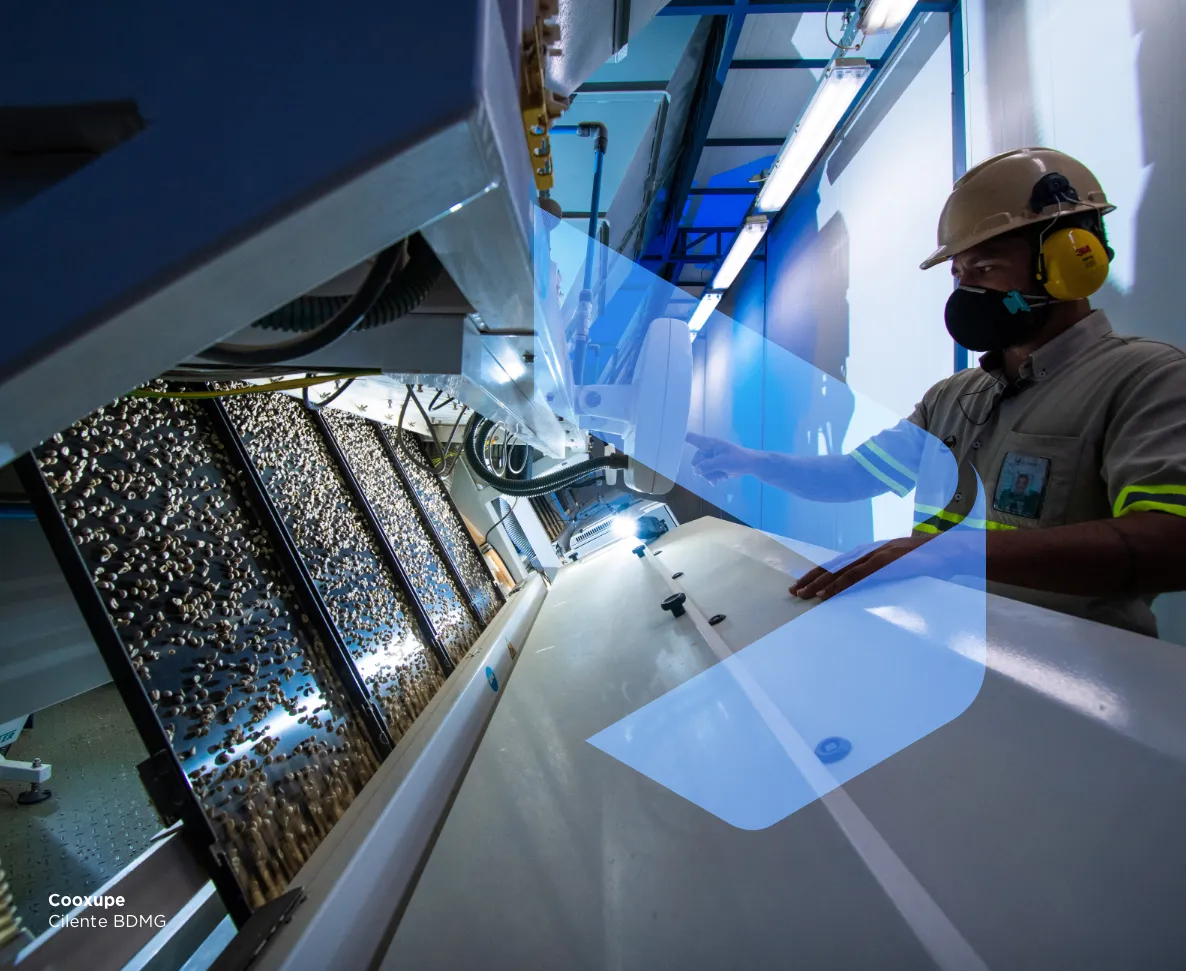
- Integrated Risk Management
- |
- Sustainability Report 2021

The risk management structure is strictly in line with BDMG's strategic guidelines and the recommendations of the regulatory body, committed to BDMG’s ethical standards of conduct and reliability, in line with the best market practices.

BDMG manages and monitors credit, market, liquidity, operational and socio-environmental risks, with a view to mitigating them and optimizing operational efficiency and results. Thus, risk management practices are adopted that are appropriate to the nature and specificities of the operations carried out by BDMG, maintaining control standards, with a capital adequacy index higher than the minimum requirements in Brazil.
Risk management is the responsibility of the Board of Directors, the Executive Board, Risk and Capital Committee, the Chief Risk Officer (CRO) and the unit responsible for Risk Management.

Risk Appetite
Statement
The Risk Appetite Statement, established and approved by the Board of Directors within the scope of the Risk Appetite Policy, confirms the types and amounts of risks that Management is willing to accept, defining the desired profile in pursuit of the strategic objectives, in line with the interests of the State, and assuring the economic and financial solidity of the Institution. BDMG's Risk Appetite statement is aligned with its purpose and strategic guidelines.
- Integrated Risk Management
- |
- Sustainability Report 2021
All organizational units and decision-making levels must follow the risk appetite defined by BDMG, within the scope of their routine risk-taking activities and decisions. Some of the objectives clearly related to the Risk Appetite Statement:
1. Balancing levels of profitability and risk to achieve results;
2. Carry out a balanced management of funding to enable the strategic objectives;
3. Ensuring high quality standards, achieving technical and operational excellence.
The Statement is structured in four dimensions, which include indicators related to the main risks involved, in order to allow the monitoring of exposures and adequate capital structuring:
Capital and Profitability Dimension:
determines that BDMG must show diligence in the management of funds through systematic monitoring that ensures: allocation of resources; minimum profitability aimed at financial sustainability; and maintenance of a capital structure that, in addition to being in compliance with regulatory requirements, also has a safety margin to cover unexpected events, in accordance with the Capital Management Policy.
- Integrated Risk Management
- |
- Sustainability Report 2021
Liquidity Dimension:
establishes the need to maintain minimum liquidity reserves for short, medium and long-term horizons and a diversified funding structure, in order to protect the institution against prolonged periods of funding strain.
Business Diversification and Sustainability Dimension:
determines the reasonable level of risk that BDMG can take in its business model, aiming at low volatility of results and financial sustainability, as well as meeting the strategic objectives of the institution. For this purpose, concentration and exposure limits to the largest customers/economic groups and monitoring of default are established.
Operational and Complementary Aspects Dimension:
seeks to protect BDMG from operational risks which, if materialized, can negatively impact the institution's internal processes, compliance, financial performance and image.
- Integrated Risk Management
- |
- Sustainability Report 2021
The monitoring of Risk Appetite is reported to Senior Management and guides the preventive measures to ensure that exposure to risks is within established limits.
In 2021, the Risk Appetite Statement was revised and adapted to the current scenario and the new strategic planning guidelines.
Integrated Stress
Testing Program
The Stress Testing Program, as defined by CMN Resolution 4.557, assesses the impact of potential adverse events and circumstances on the institution or on a specific portfolio, identifying possible vulnerabilities. Its results are documented and used to identify, measure, monitor and control risks to BDMG, which is considered in the revisions of the Risk Appetite Policy, in the assessment of BDMG’s capital and liquidity levels, in the preparation of contingency plans.
Credit Risk
Credit Risk
Credit risk includes the possibility of losses associated with the borrower's failure to comply with its financial obligations under the agreed terms, devaluation or reduction of expected returns on a financial instrument, recovery costs and concentration risk.
Policies and procedures adopted in credit risk management are constantly being improved. This process is in line with the best market practices, enabling the proper identification, measurement, control, mitigation and reporting of this risk category. In order to guarantee quality standards for models and processes
- Integrated Risk Management
- |
- Sustainability Report 2021
that are fundamental to risk management, BDMG segregates business activities, credit analysis, compliance, management and credit control, ensuring independence between areas and, consequently, balanced decisions regarding the risks incurred
Those responsible for managing credit risks determine the general guidelines to be followed by the institution, incorporating the precepts of corporate governance. The credit decision-making process has different decision-making levels. The processes of analysis, risk management and credit management and collection are carried out by different areas.
Credit risk management includes the stages of identification, measurement, monitoring of the credit portfolio and the credit risk classification system, preparation and updating of credit risk classification methodologies, support in preparing credit policies and reporting to Senior Management.
In monitoring the loan portfolio, the following instruments are used, among others:
• Stress Test Report;
• Indicators of risk appetite and loan portfolio quality (problem assets, default, coverage, portfolio composition, concentration risk).
- Integrated Risk Management
- |
- Sustainability Report 2021
Control of
rating migration
rating migration
Credit risk management has a structured process for internal communication of exposures. Each report has a defined frequency and recipients, and the Board of Directors receives at least quarterly reports.
In 2021, since the return of PRONAMPE, with new credit conditions, changes were implemented in credit risk policies and methodologies to meet the new products created by BDMG. For middle-sized companies, the criteria for calculating the expected loss for pricing were improved. The anti-fraud procedures in the process of granting digital credit have been updated, given the current scenario of increased incidence of cybercrimes.
Market Risk and
Interest Rate Risk
of Banking Book (IRRBB)
Market risk is represented by losses arising from fluctuations in market prices of positions held by the institution, due to mismatches in its asset and liability operations, such as amounts, terms, currencies and indexes.
The IRRBB – Interest Rate Risk of Banking Book is the current or prospective risk of the impact of adverse movements in interest rates on the capital and results of the financial institution, for instruments classified in the bank portfolio.
BDMG's market risk management encompasses all processes, people and systems that support risk management, aiming at mitigating adverse effects resulting from market fluctuations and interactions between the Institution's
other risks, to guarantee its financial stability.
The processes and systems include the identification of operations subject to market risk and IRRBB, with their respective terms and risk factors; special treatment for operations classified as a trading portfolio or other positions; the generation of information to comply with the regulations of supervisory bodies; the provision of management reports that allow the assessment, by risk factor and by type of portfolio, of the daily exposure to market risk and IRRBB and the adequacy to operational limits.
Metrics are adopted within the applicable regulations, observing the best
- Integrated Risk Management
- |
- Sustainability Report 2021
market practices and making them compatible with the operational characteristics of the institution. Value at Risk (VaR) is used to measure exposure to Market risks, using complementary tools.
The identification, measurement and control of the IRRBB is carried out based on methodologies consistent with the characteristics of the portfolio, considering the maturity, liquidity and sensitivity to risk of the instruments classified in this portfolio. Interest rate shocks and stress scenarios are used in order to check the impacts on economic value and results, through the Economic Value of Equity – EVE indicators (economic value of capital) and Net Interest Income – NII (result of financial intermediation).
At least quarterly, there are simulations of extreme market conditions (integrated strain tests), including the breach of assumptions, results of which must be considered when establishing or reviewing policies and limits for capital adequacy. In addition to the operational limits established in the RAS, in order to maintain exposure to market risk at acceptable levels, additional limits are also established by the Risk and Capital Committee. Compliance with the established limit is monitored daily and, in case of extrapolation, a report is submitted to the competent authorities that decide on the measures to be adopted.
In 2021, there was a drop in the exchange rate risk as a result of hedge accounting operations in the internalization of external funding. In addition, there were improvements in the mapping of information to the regulatory body, the mapping of investment funds risk, the revision of the market risk management manual and studies for the adequacy of the IRRBB indicators.
- Integrated Risk Management
- |
- Sustainability Report 2021
Liquidity Risk
Liquidity risk refers to the possibility that the institution will not be able to efficiently honor its expected and unexpected, current and future obligations, including those arising from the binding of guarantees, without affecting its daily operations and without incurring significant losses. It also refers to the possibility that the institution may not be able to negotiate a position at market price, due to its large size in relation to the volume normally transacted or due to some discontinuity in the market.
BDMG's liquidity risk management structure encompasses all processes, people and systems that support its management, with the objective of mitigating the adverse effects of liquidity, ensuring the payment capacity,
as well as protecting the institution against periods of funding stress, through adequate indicators for measuring and monitoring liquidity reserves.
Liquidity assessment is performed based on updated cash flow projections, considering the assumptions of strategic planning and capital management. The limits for exposure to liquidity risk are established in the RAS and aim to prepare the institution to withstand adverse scenarios, considering different time horizons.
The Funding Policy provides for a profile of funds appropriate to the liquidity risk, observing the adequate diversification of their sources and maturities, as well as the agreed conditions in terms of early maturity.
In the event of insufficient liquidity risk indicators, or evidence that these will be insufficient, the competent authorities are reported in a timely manner to decide on the measures to be adopted.
In 2021, the liquidity risk management policy was revised. Therefore, objective criteria were implemented to assess contingencies that may affect cash flow and the definition of the liquidity level necessary to cover these contingencies. A market indicator was also adopted to complement the assessment of the required mid-term liquidity cushion.
- Integrated Risk Management
- |
- Sustainability Report 2021
Socio-environmental Risk
BDMG's Social and Environmental Responsibility Policy (PRSA) was created in 2013 and is currently aligned with international best practices, incorporating guidelines from the SDGs, the United Nations Global Compact and the Paris Agreement.
PRSA assists in promoting strategic actions aligned with the best market practices for responsible socio-environmental action. The policy also encourages the development of financial products that provide innovative socio-environmental practices, raising of national and international funds to finance sustainable businesses, as well as support for public policies and initiatives in favor of society to mitigate social and environmental impacts. It also establishes specific principles, guidelines and procedures for BDMG’s socio-environmental practices in business and in the relationship with stakeholders, including risk management.
Social and environmental risk management aims to identify, measure, mitigate and monitor direct and indirect risks related to social and environmental issues in BDMG’s processes, products and businesses.
The socio-environmental risk methodology was implemented in 2016 and, since then, BDMG has monitored the information generated by the system, to improve the environmental performance of its operations, the continuous improvement of the methodology and find more sustainable business opportunities. All companies that apply for financing undergo a socio-environmental risk analysis, and a large part of the customers served are considered to be of low socio-environmental risk.
Actions to mitigate socio-environmental risks include complying to
criteria established in the policies and in the analysis, contracting and monitoring processes, according to the specifics of each operation. The analysis criteria are guided by lists of restricted and prohibited activities, socio-environmental criteria for setting up real estate guarantees, inclusion of clauses in contracts, assessment of compliance with socio-environmental legislation and best practices for managing socio-environmental risks.
Also in relation to the management of socio-environmental risks, in 2021 BDMG prepared an Action Plan to implement the new regulations published by the Central Bank. Technical cooperation was also established to improve the management of social, environmental and climate risks.
A partnership was signed with a specialized consultancy firm, with resources from the UKPact, for the development of
- Integrated Risk Management
- |
- Sustainability Report 2021
a tool for the assessment of credit operations in sectors relevant to BDMG in relation to climate transition risks and physical risks. The tool is expected to be completed by mid-2022 and shared with other development banks and funding agencies.
Another partnership was also established with a specialized consultancy firm, for the assessment of climate risks in agricultural chains in the State of Minas Gerais, in particular, related to dairy products and the sugar and alcohol sector.
Technical cooperation was also initiated with the Inter-American Development Bank (IDB) and the French Development Agency (AFD).
With the IDB, BDMG is part of a pilot project to test a physical climate risk assessment tool in BDMG’s portfolio, developed by a specialized company. As a result,
it will be possible to check the sectors and also the regions most at risk in relation to climate change, as well as the main climate hazards that may affect different activities and locations. With AFD, cooperation includes climate risk and socio-environmental risks and the development of methodologies that will make it possible to improve the assessment and monitoring of these risks, which will take place until the end of this year.
Continuous training is also provided for employees and the socio-environmental risk assessment process for the approval of new products, which ensures compliance in all products launched by the institution.
BDMG must ensure that all operations follow socio-environmental criteria in accordance with state and national environmental policies and also with its Socio-environmental Responsibility Policy, seeking to avoid and minimize possible risks and negative impacts to the environment and society.
In 2021, partnerships were established to improve the socio-environmental risk methodology, including climate risks. For this BDMG started a partnership with WayCarbon for the development of a tool to assess credit operations in relation to climate transition risks and physical risks.
Technical cooperation was also initiated with AFD, IDB and specialized consultancies to support the development of methodologies for social, environmental and climatic risks.

- Integrated Risk Management
- |
- Sustainability Report 2021
Operational Risk
Operational risk is defined as the possibility of losses resulting from failure, deficiency or inadequacy of internal processes, people and systems or from external events. It determines the exposure to operational risks that, if materialized, could negatively impact the Institution's internal processes, compliance, financial performance and image.
BDMG has an operational risk management structure compatible with the nature of the operations, the complexity of the products and the Institution's exposure to operational risk. The management model aims to identify, measure, evaluate, monitor, report, control and mitigate the Institution's exposure to risk, so that:
I. The activities are carried out properly, according to standards and rules, in order to protect assets and promote administrative efficiency;
II. The operational risks inherent to BDMG's activities are identified, evaluated and minimized, through the application of adequate methodology and controls, so that the levels of residual risks remain within an acceptable limit, as defined by the Risk and Capital Committee and the Board of Directors;
III. The structure of internal controls is continually reviewed, considering risks in the business processes, minimizing the costs associated with uncontrolled risks and/or unnecessary control activities;
IV. Potential conflicts of interest are identified and the associated risks are minimized, through the implementation of measures of segregation of duties, control of access to systems and monitoring of activities;
V. Employees clearly understand the objectives of the operational risk management process and the roles, functions and responsibilities assigned to the different hierarchical levels of BDMG;
VI. Operational risks arising from outsourced services, relevant to the regular operations of BDMG, are identified and monitored.
BDMG uses the Basic Indicator Approach methodology for calculating the portion of risk-weighted assets, in order to support losses arising from operational risk.
In 2021, the managers of the organizational units, with the support of the internal controls and operational risk unit, worked to comply with the schedule established for reviewing processes, highlighting priority risks.

Financial-Economic Performance in 2021
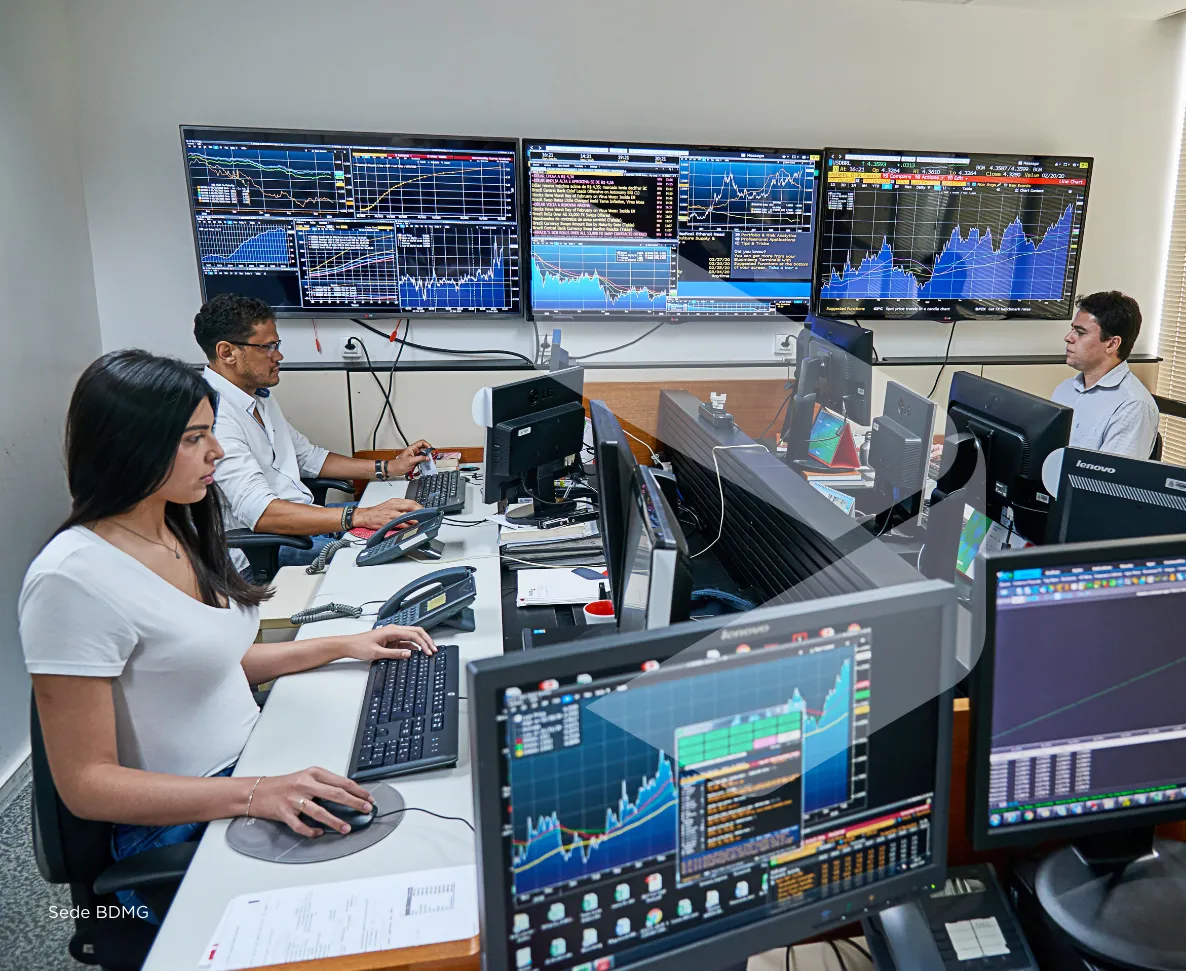
- Financial-Economic Performance In 2021
- |
- Sustainability Report 2021
Despite the challenges arising from the socioeconomic impact caused by the pandemic, BDMG attained a net profit of BRL220.9 million in 2021, compared to BRL25.6 million in 2020.
On December 31 2021, BDMG's shareholders' equity was BRL 2,070.4 million, 6.9% higher than the BRL 1,937.3 million shareholders' equity recorded on December 31, 2020.
In its portfolio, BDMG has BRL 233.2 million in bonds classified in the held-to-maturity category and, in compliance with Bacen (Central Bank) Circular 3068/2001, the Management states that it has the financial capacity to hold these bonds until their maturity.

The financial statements of the
Minas Gerais Development
Bank can be accessed at the link:





